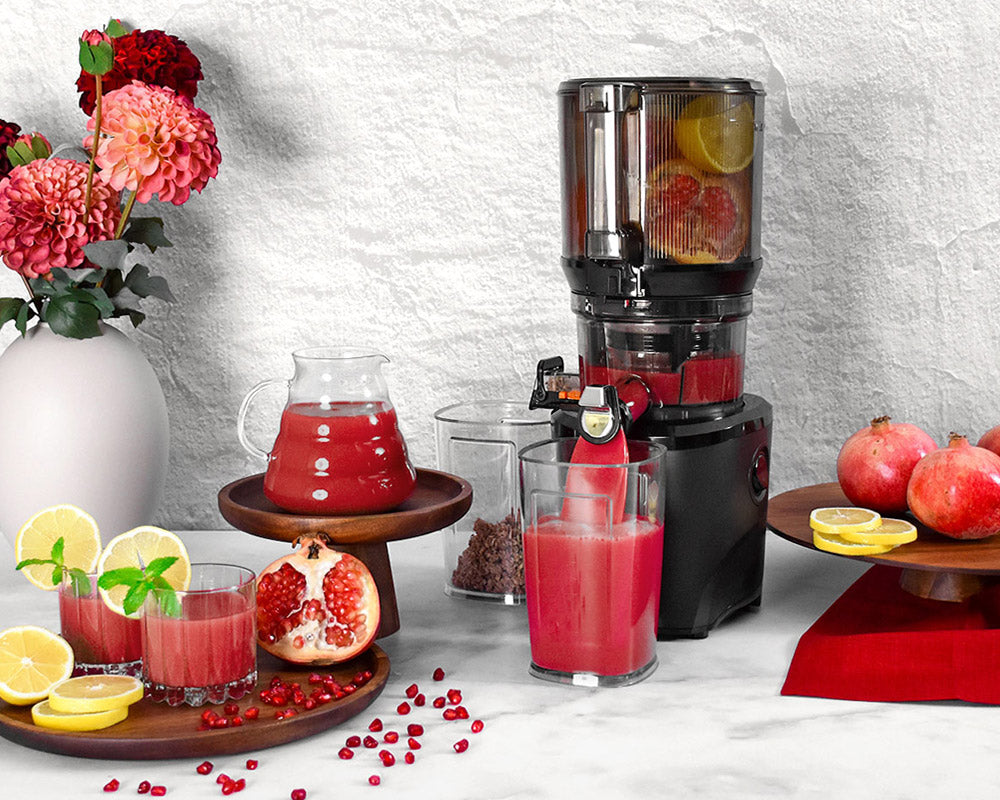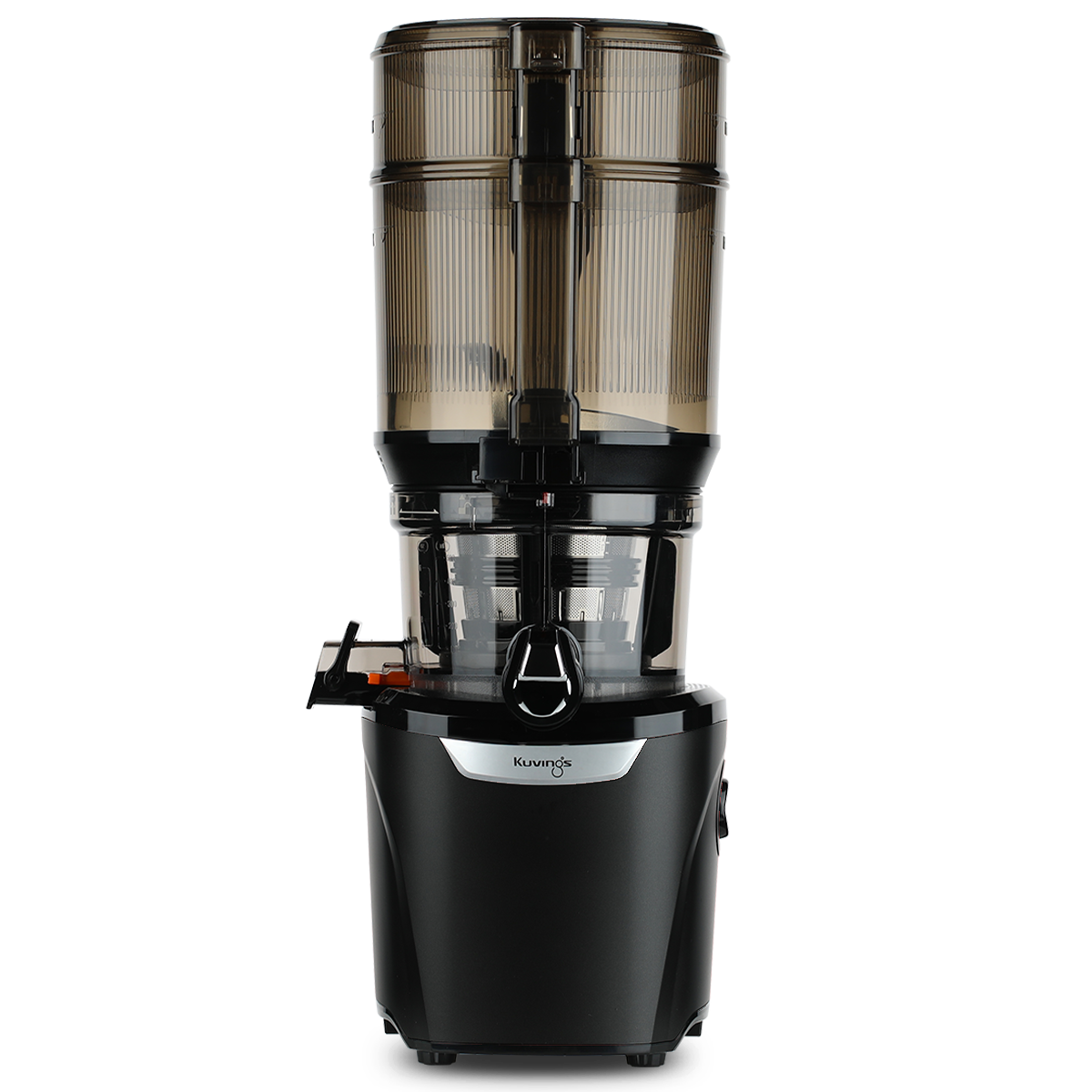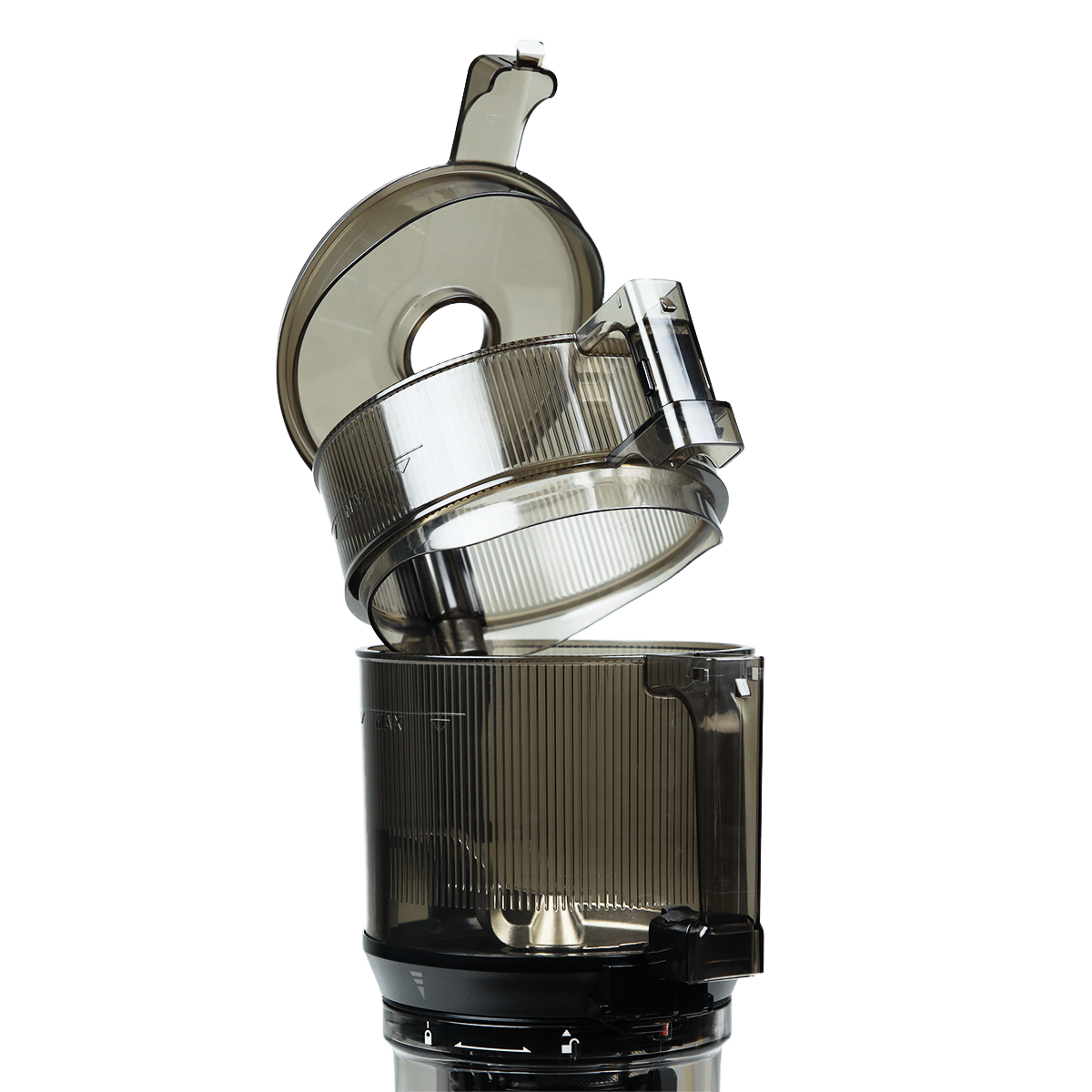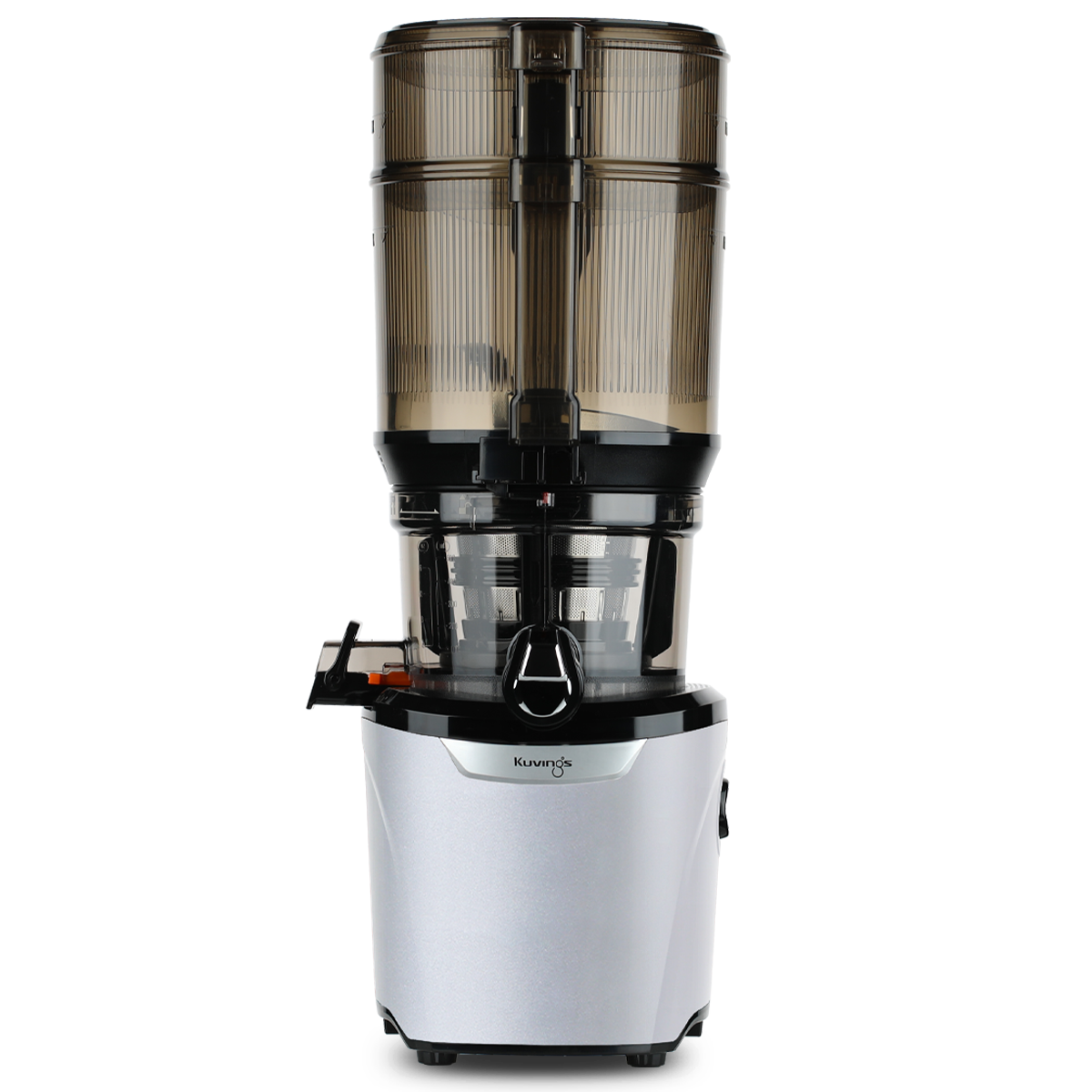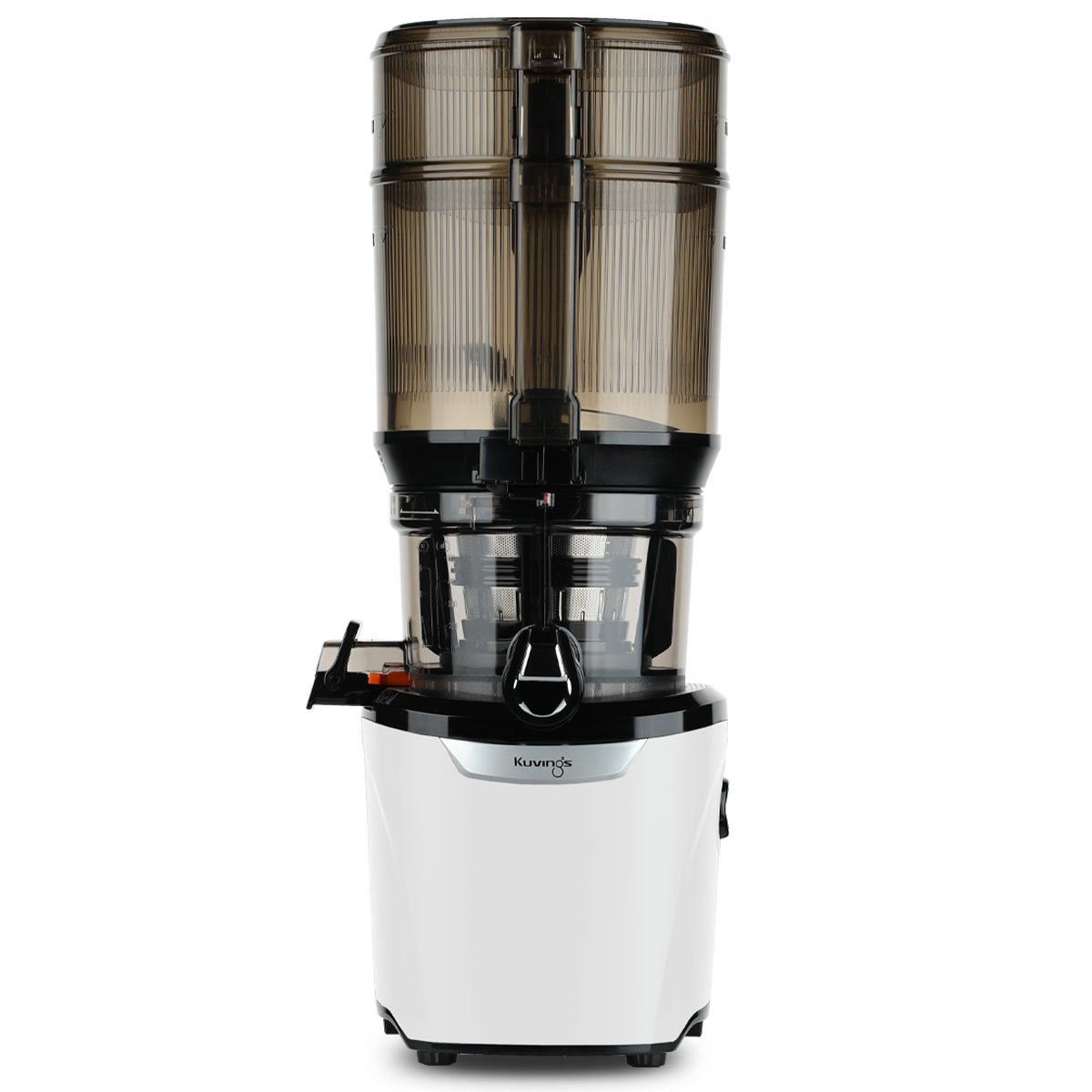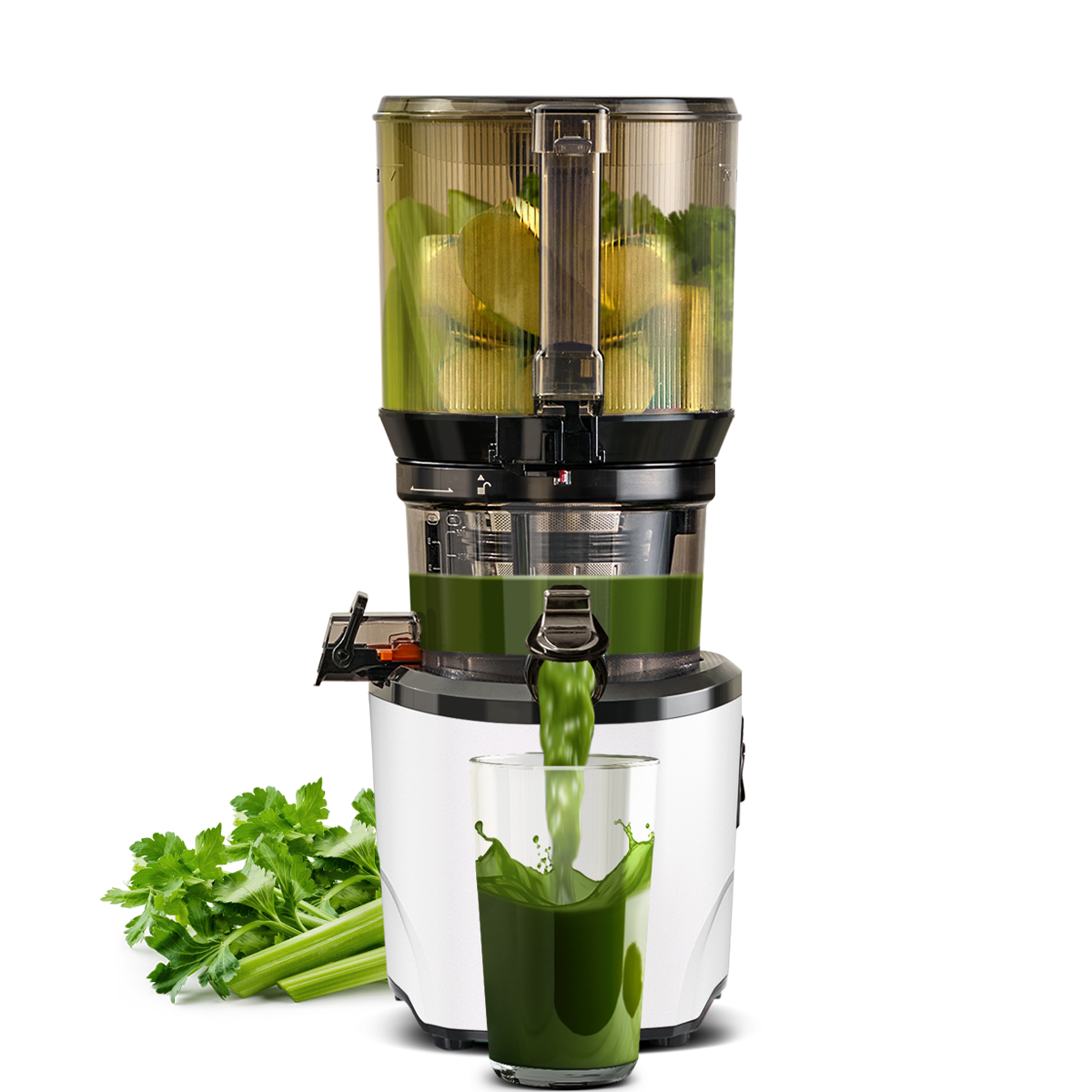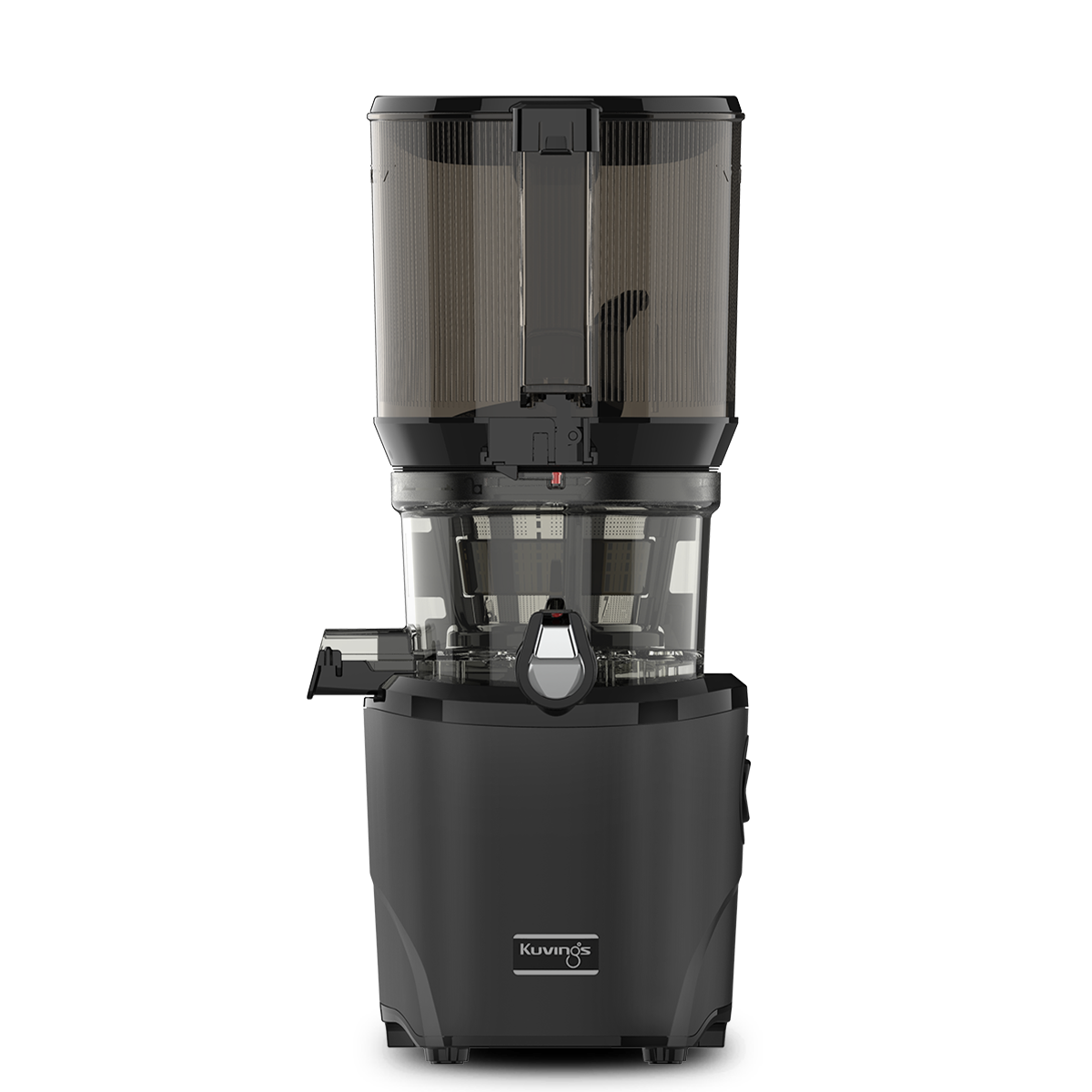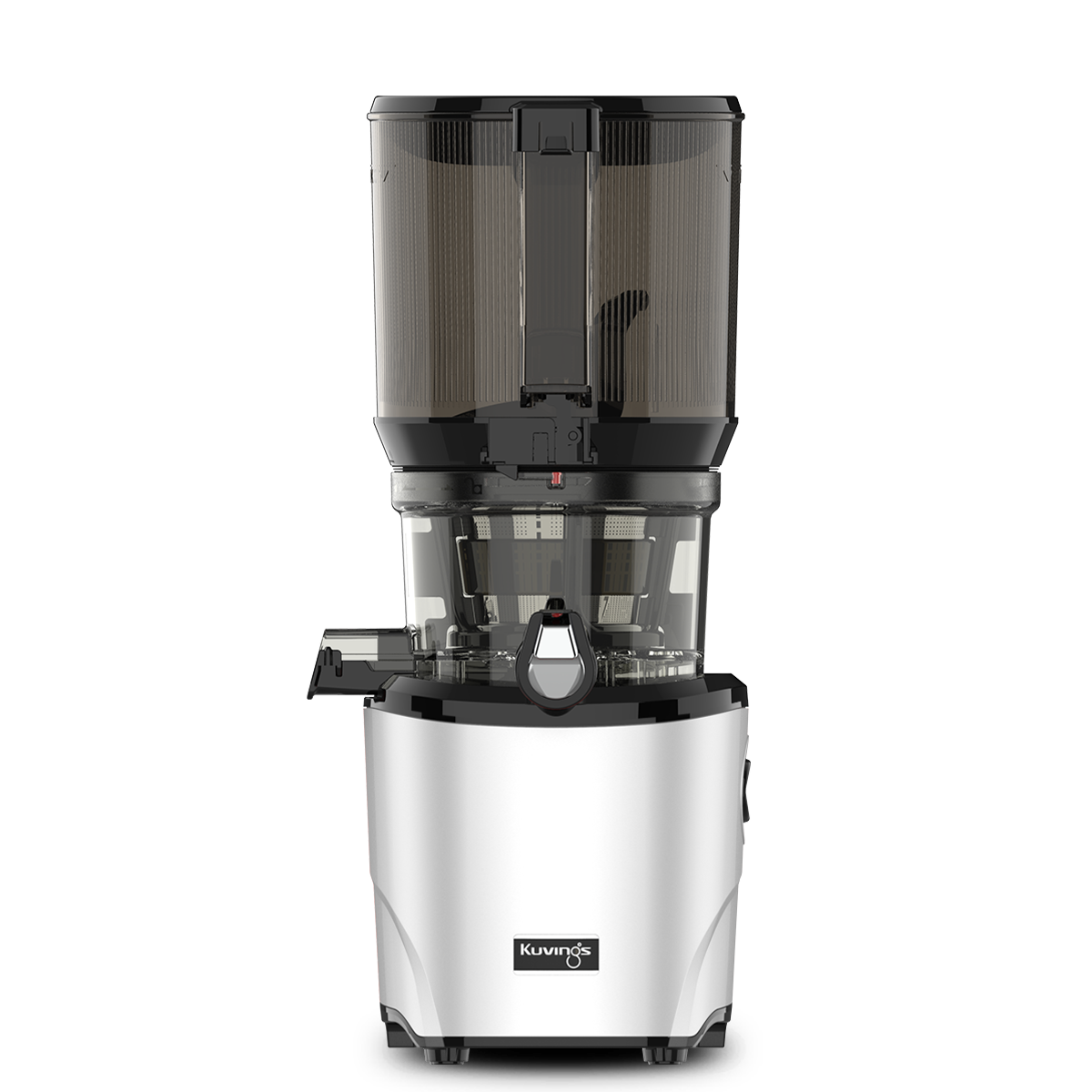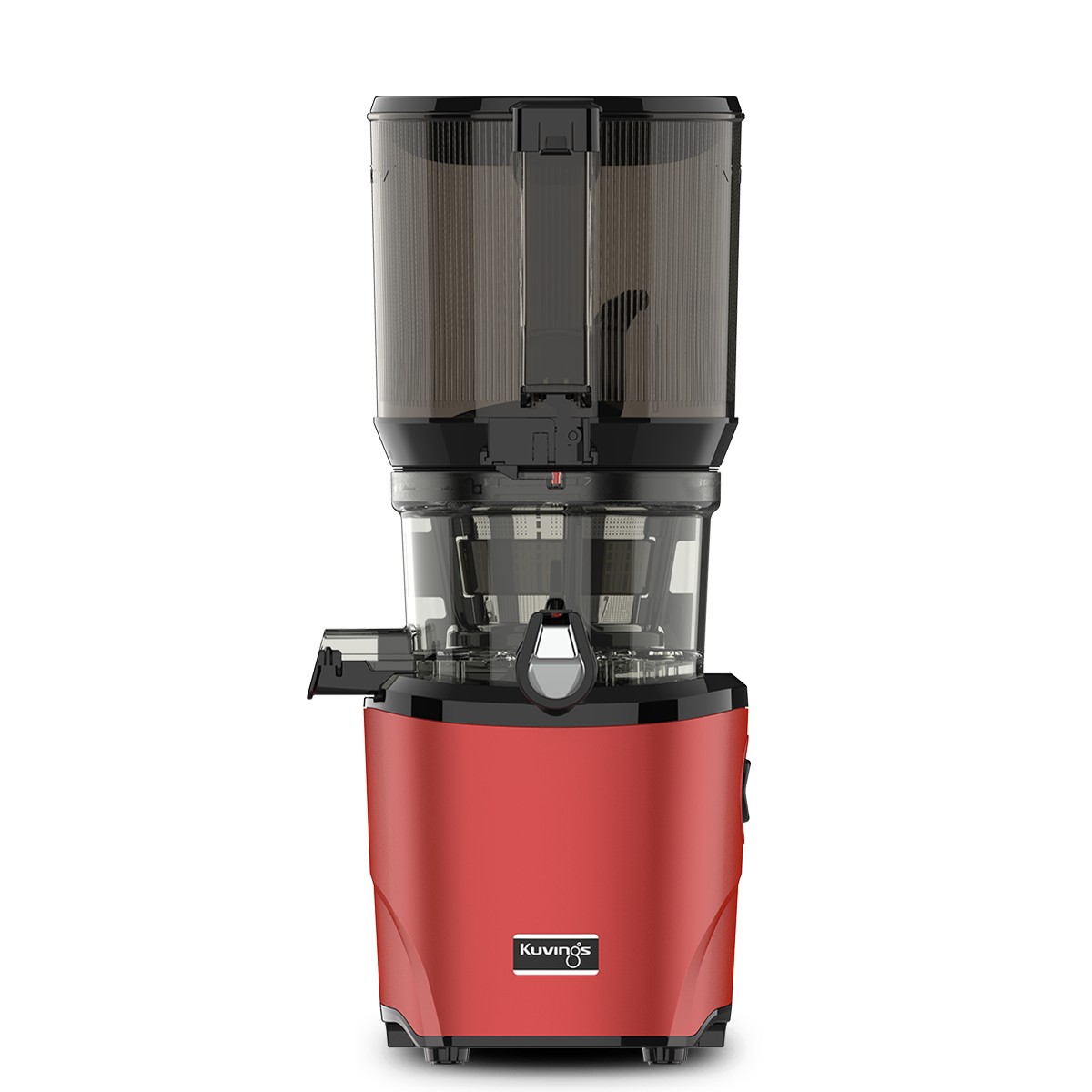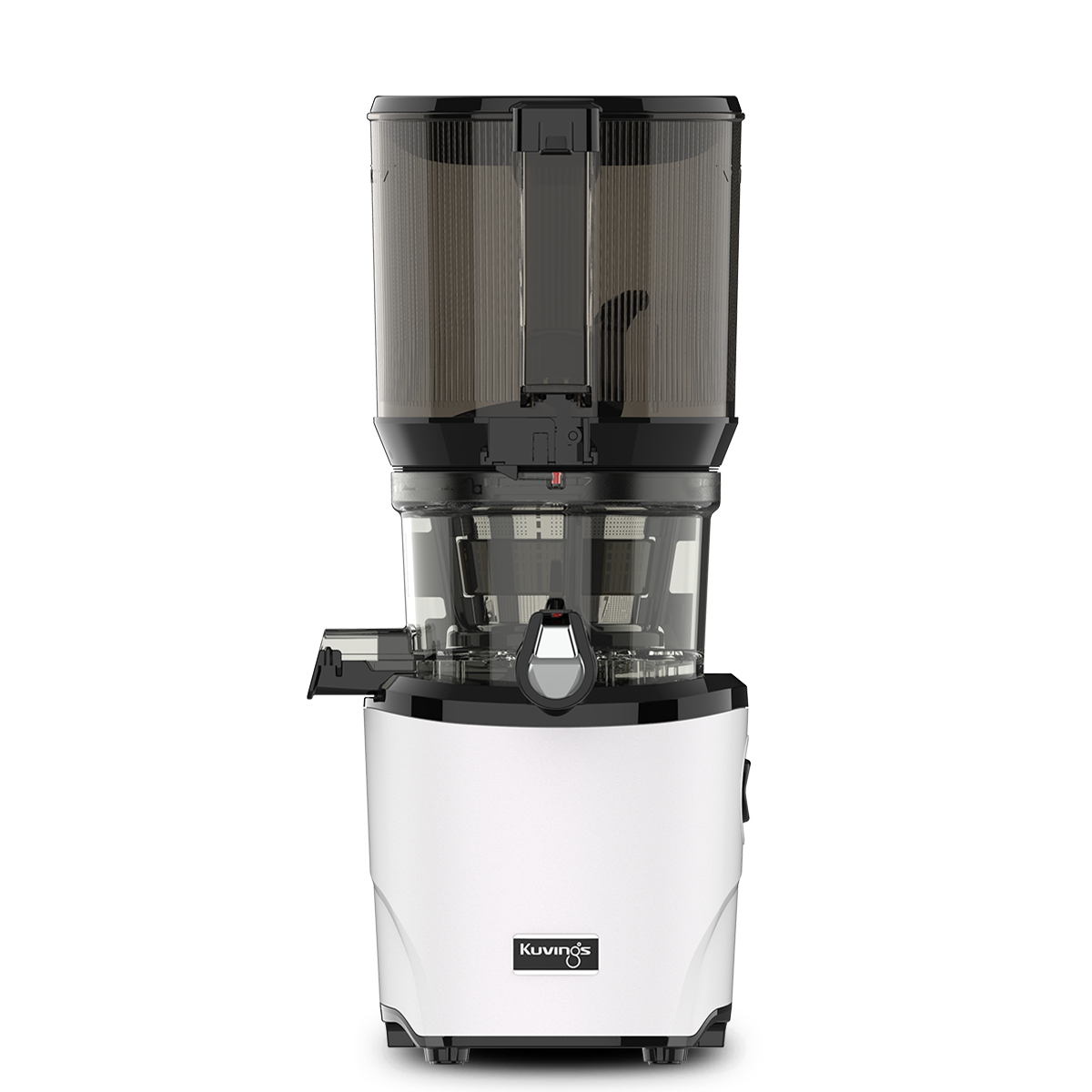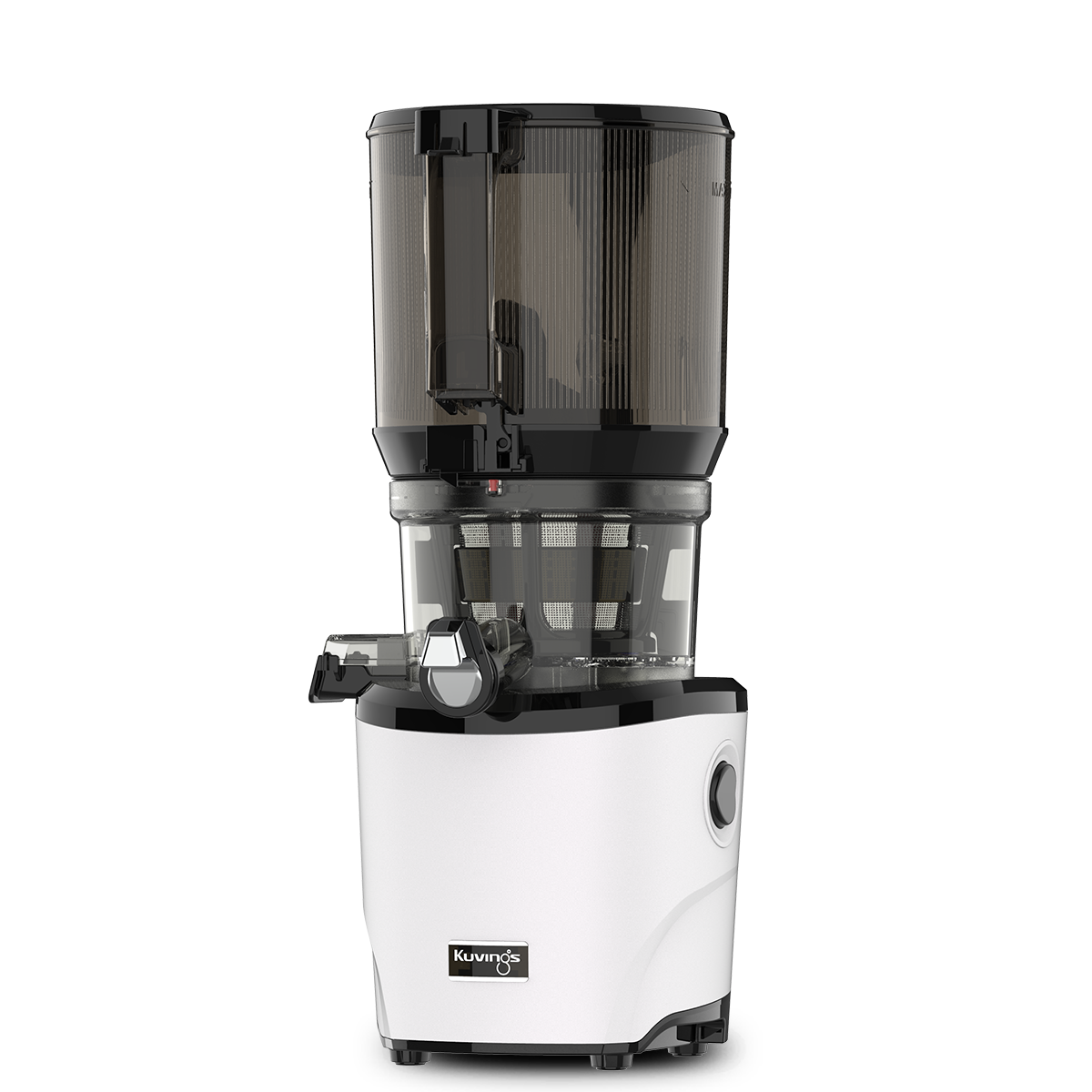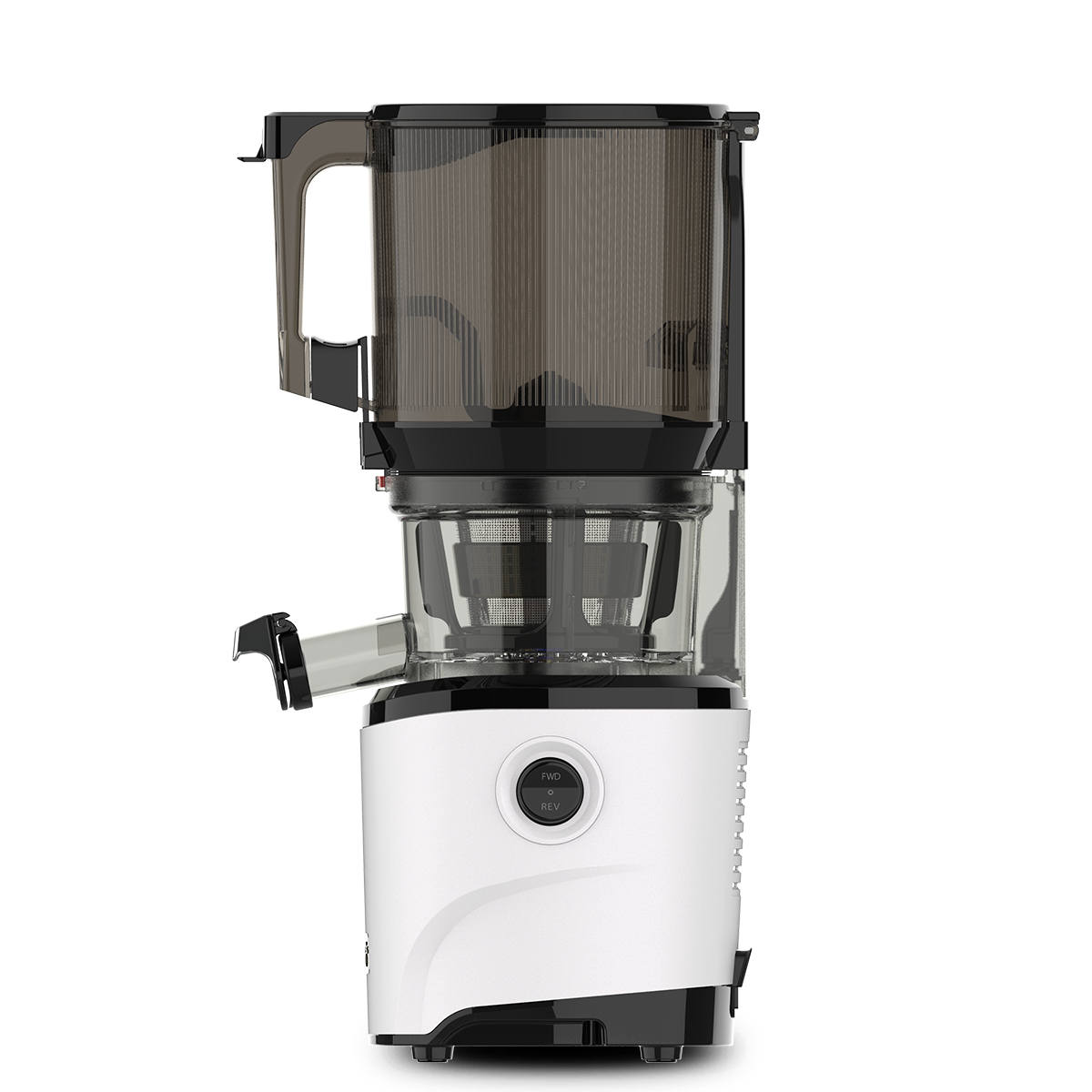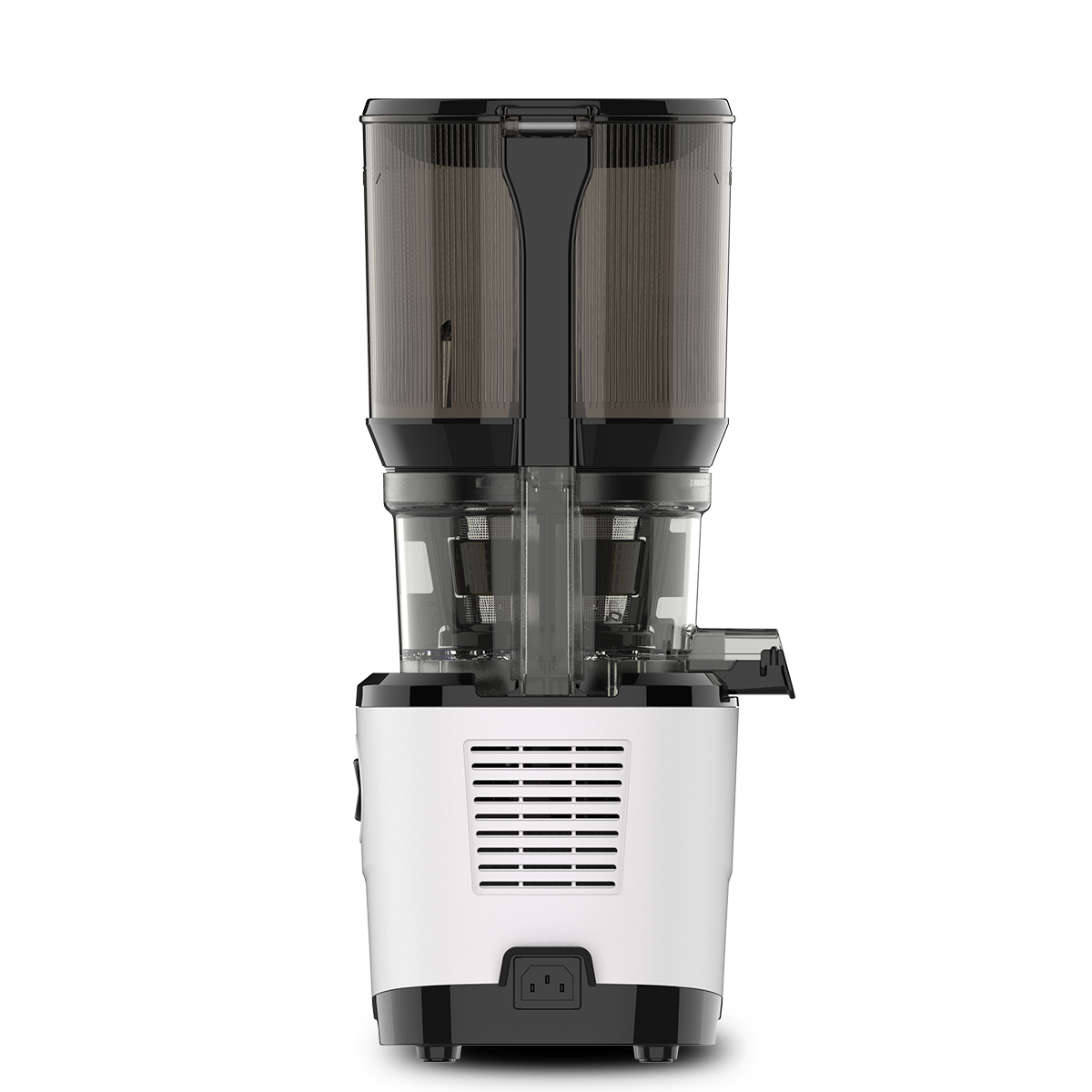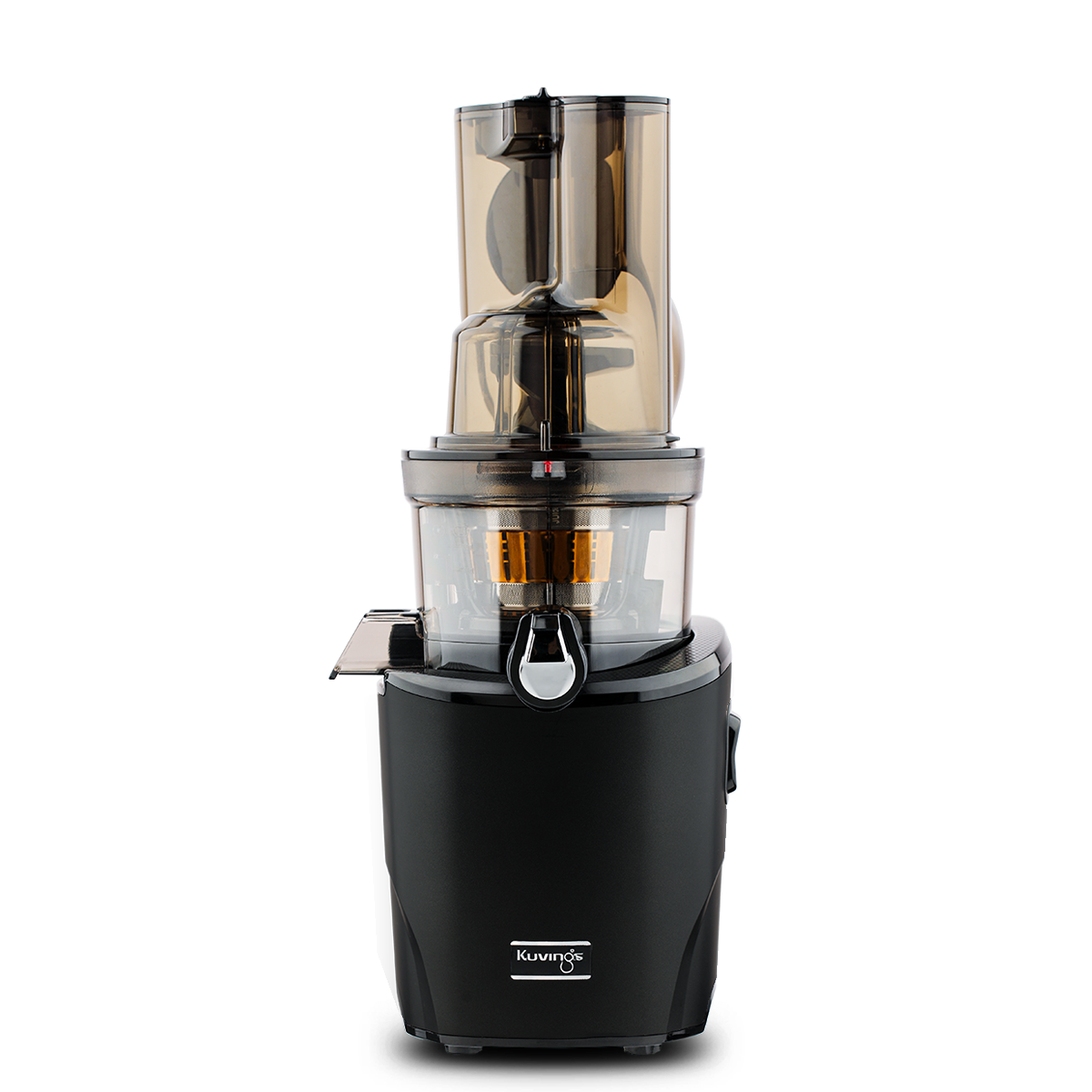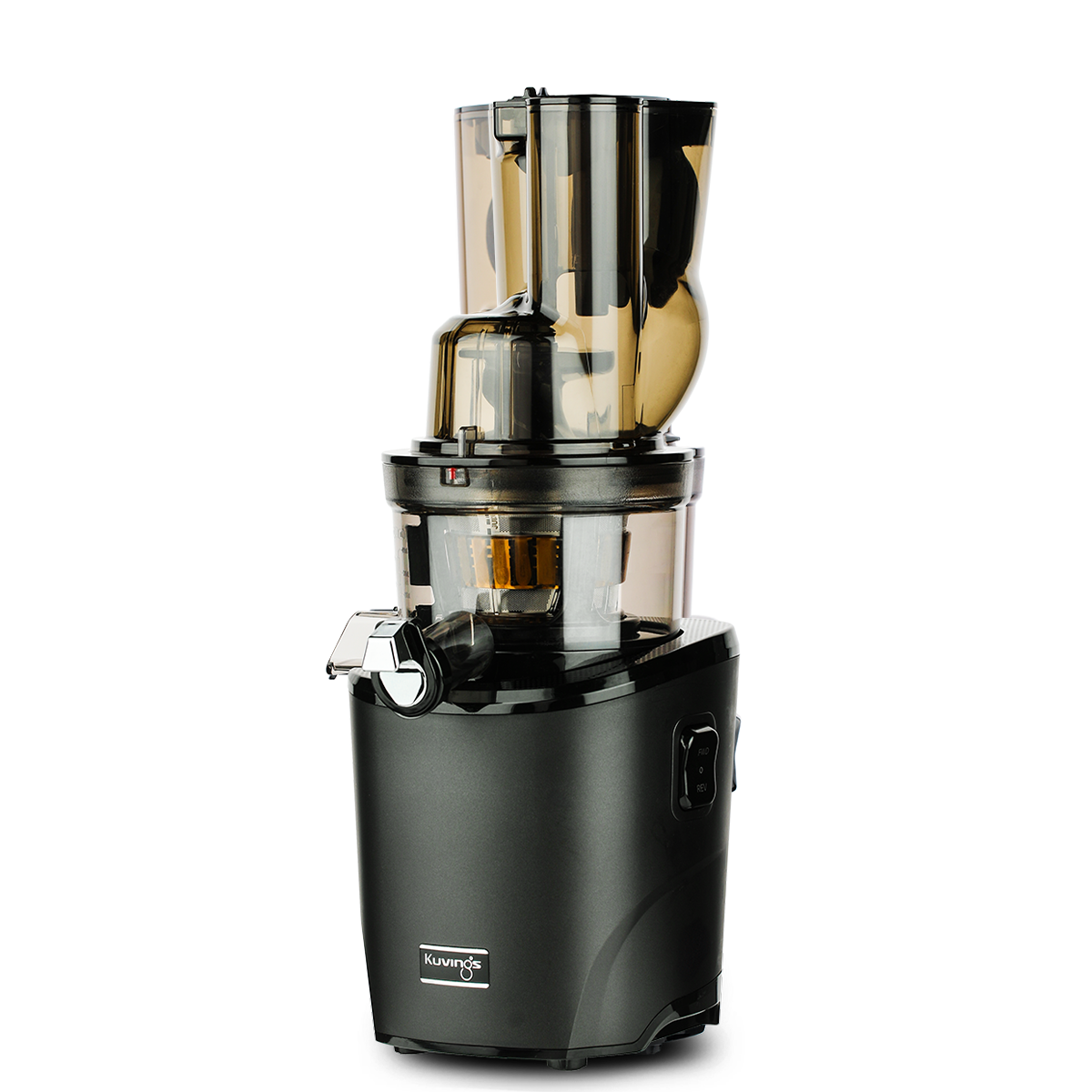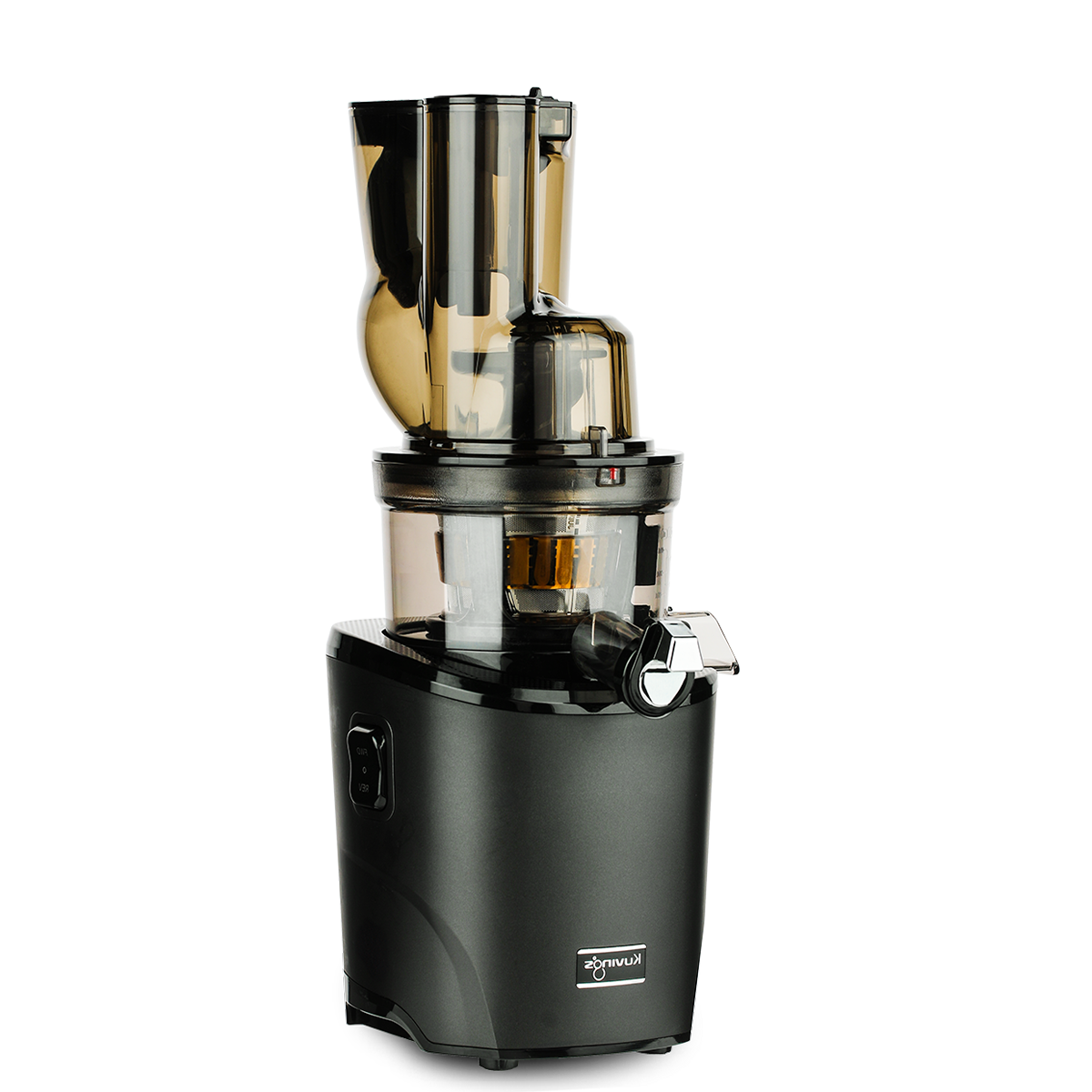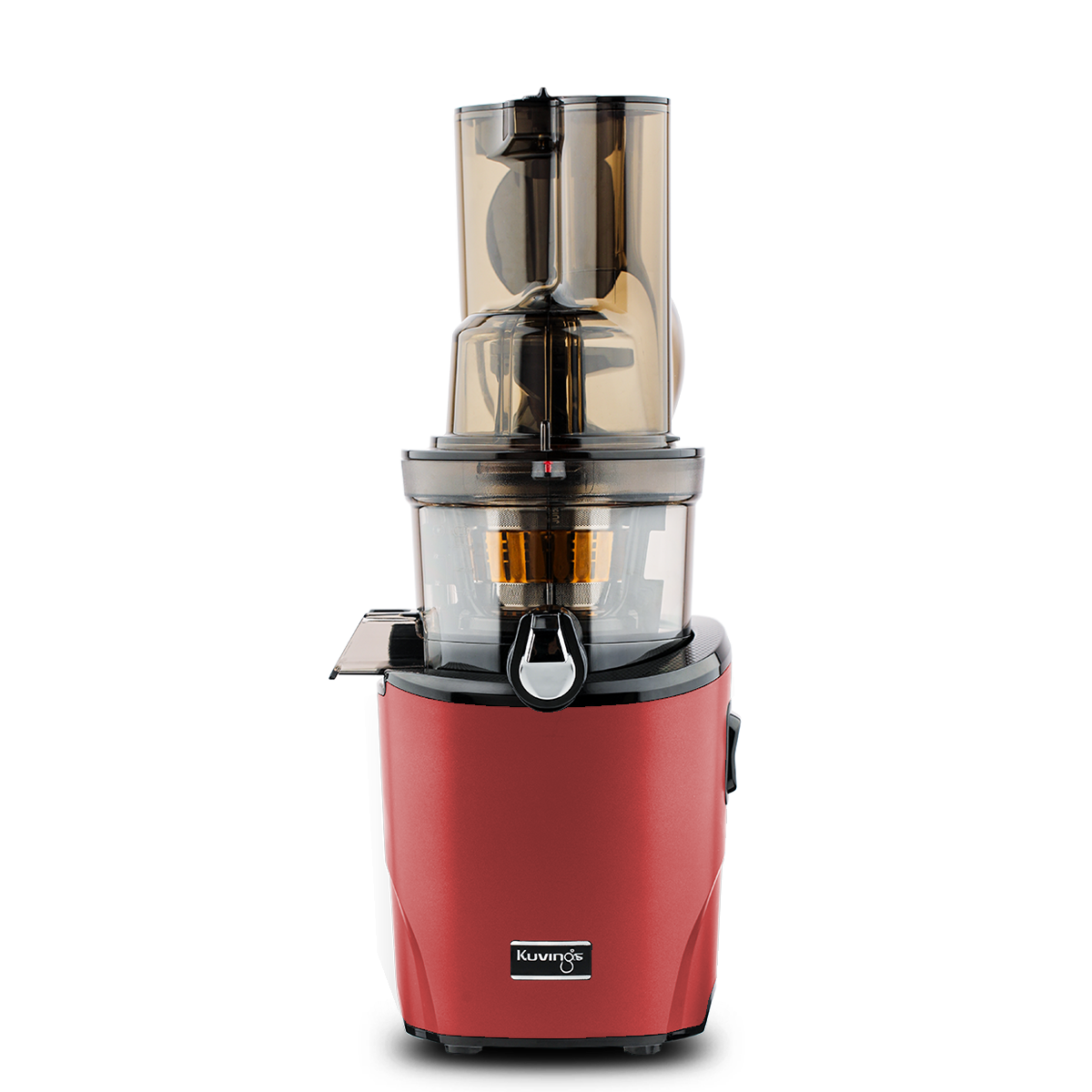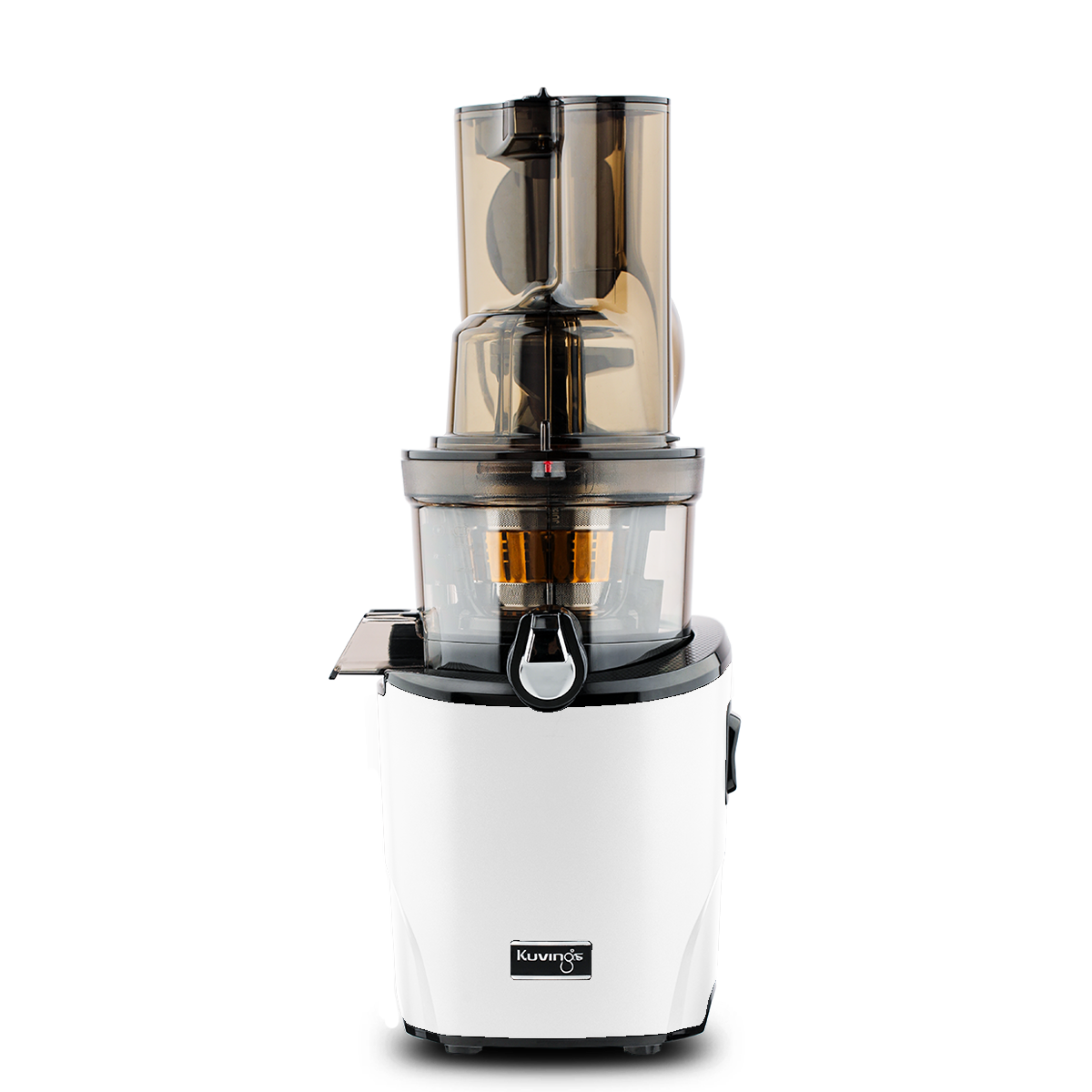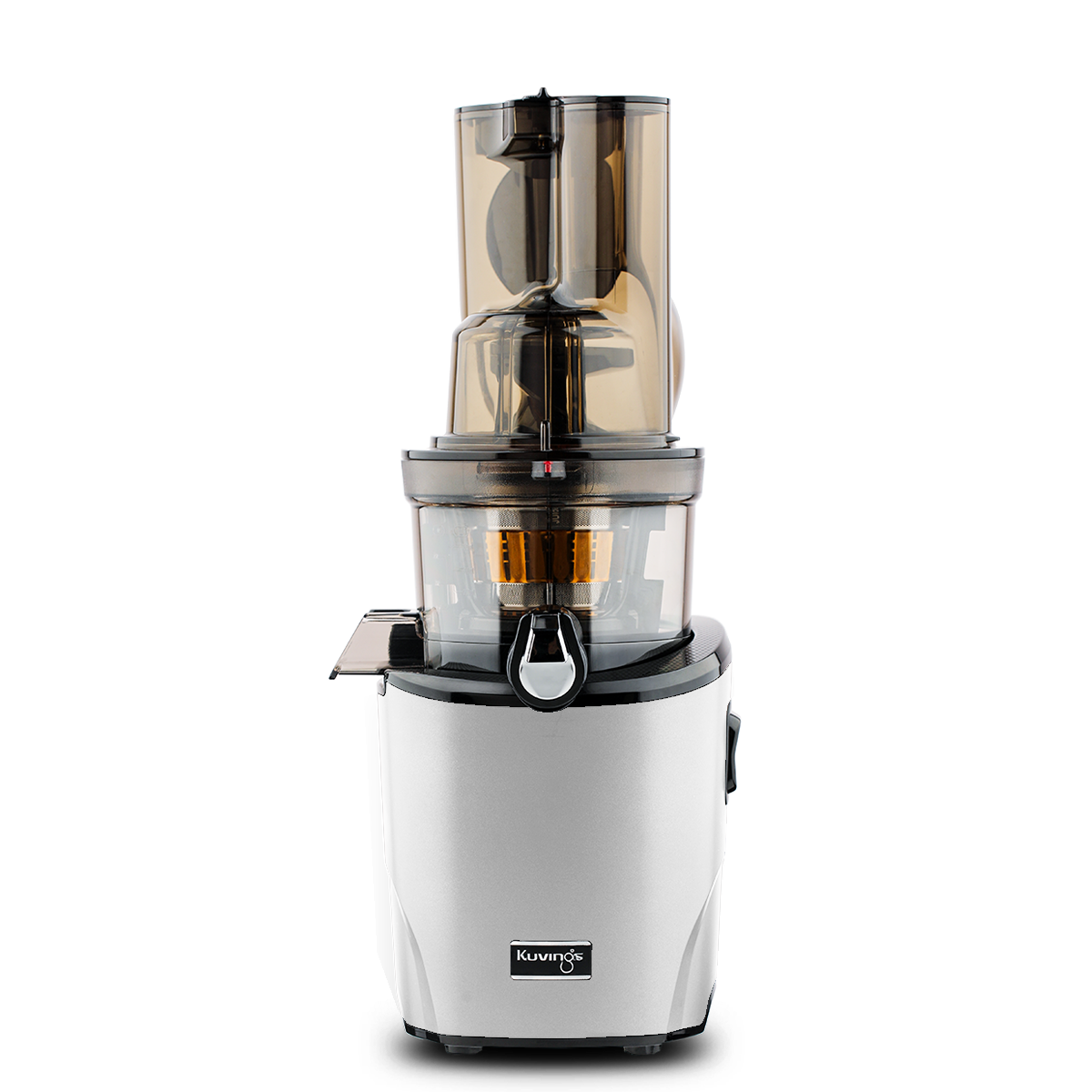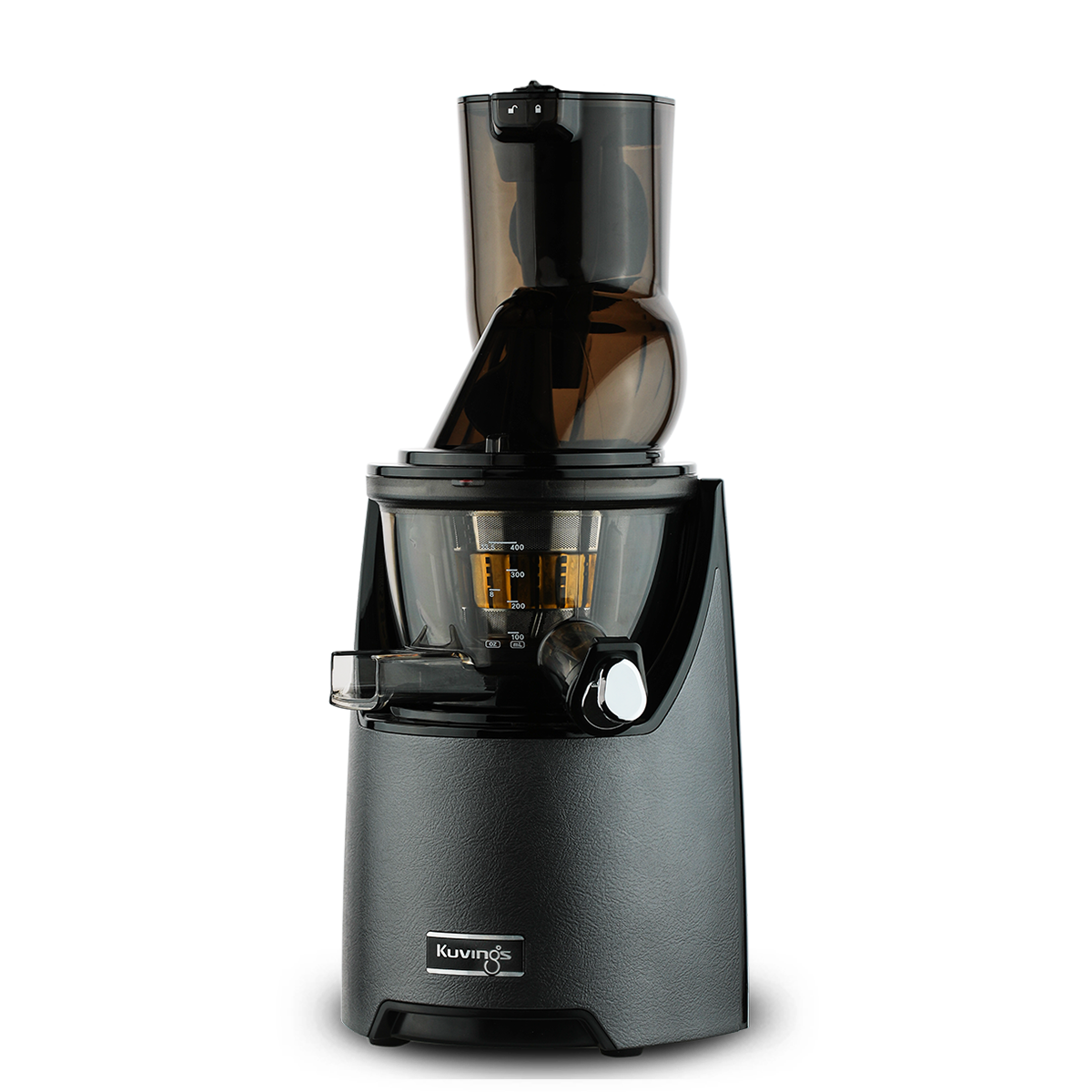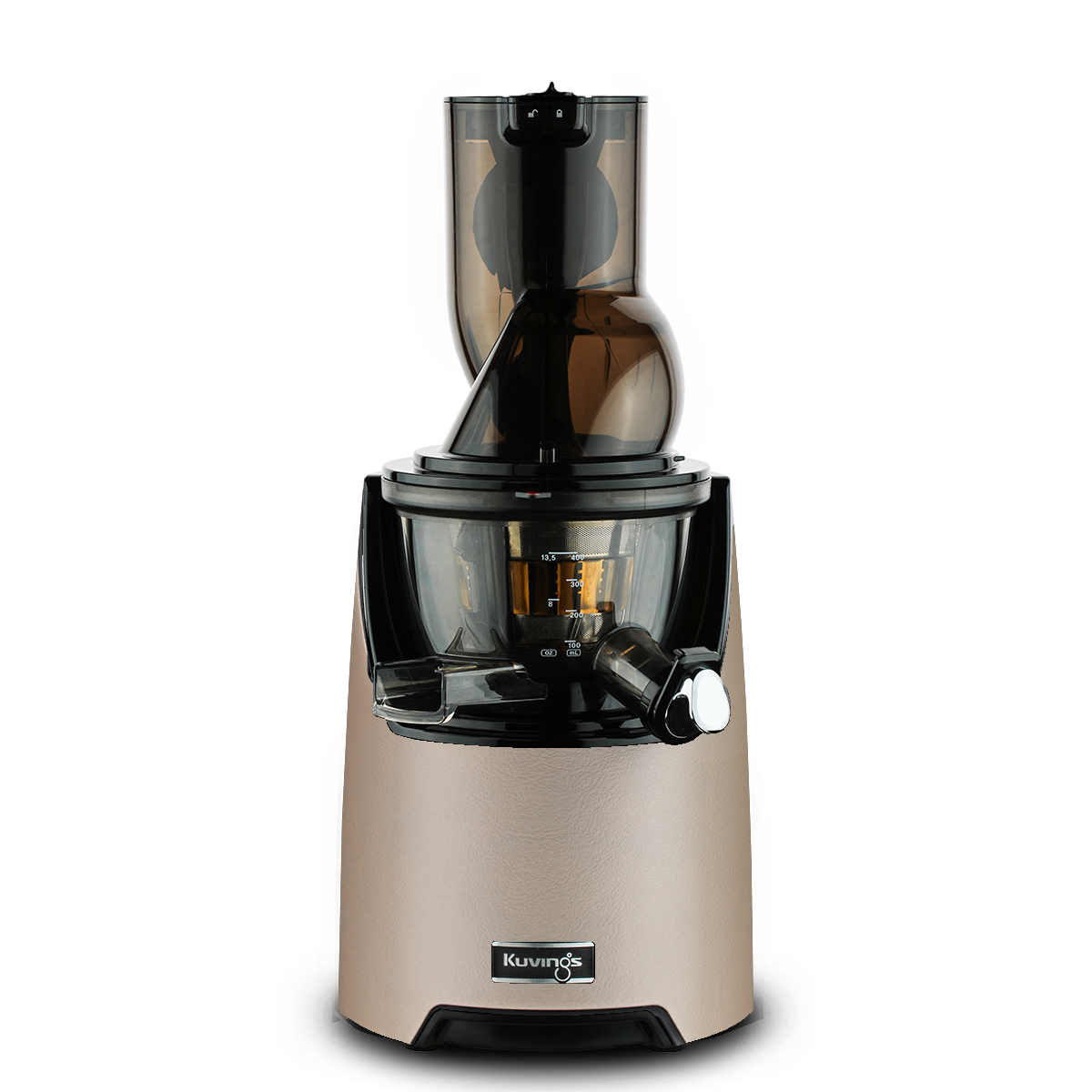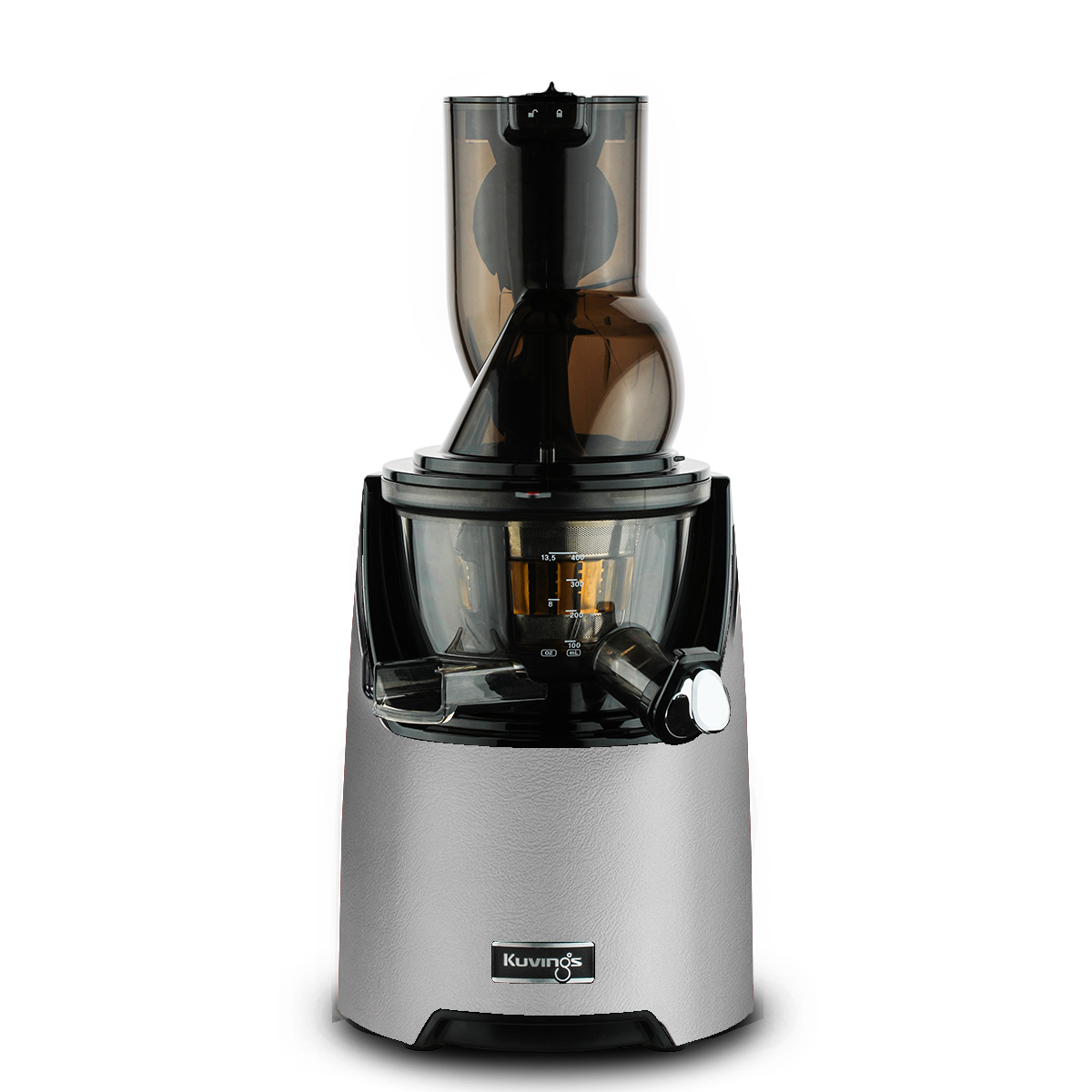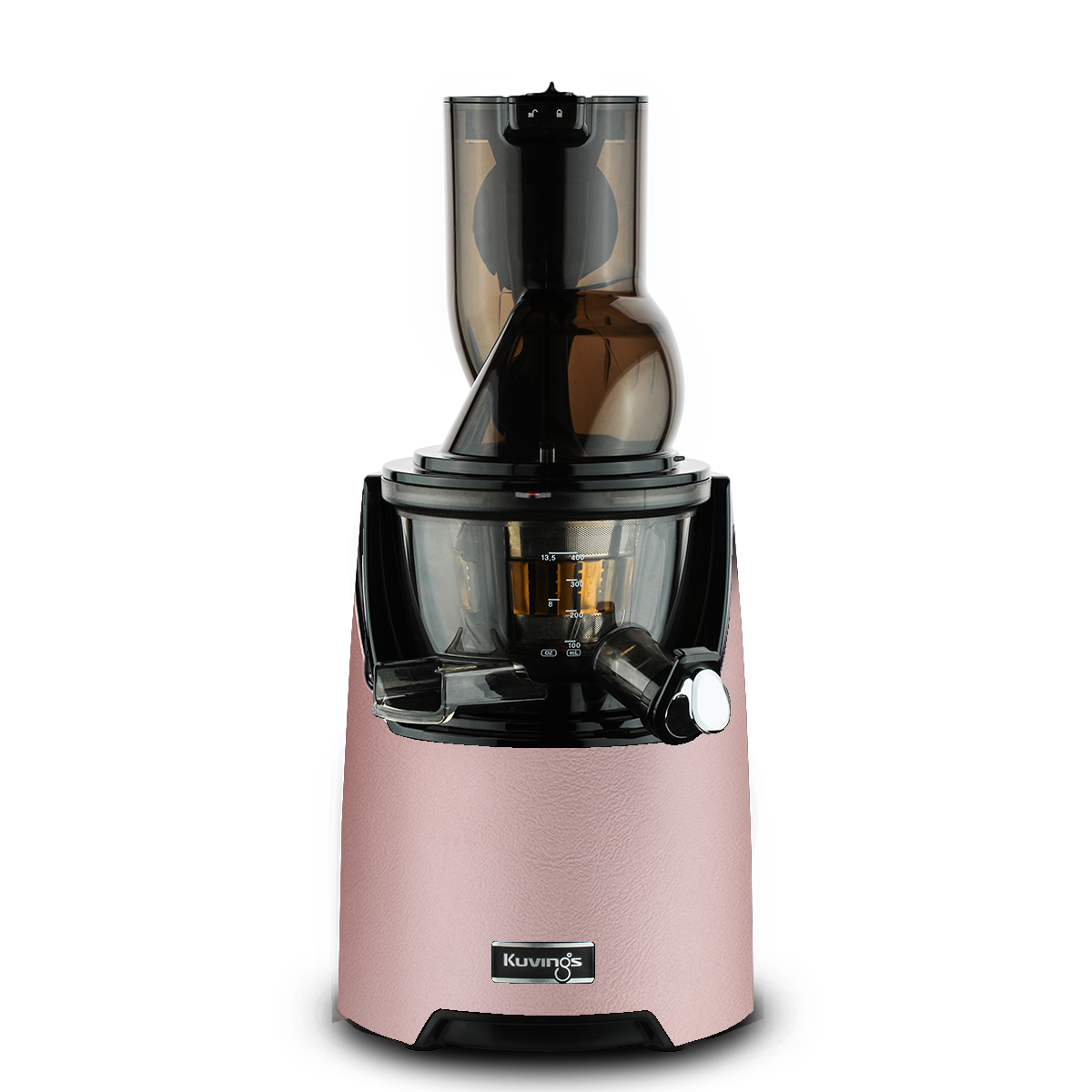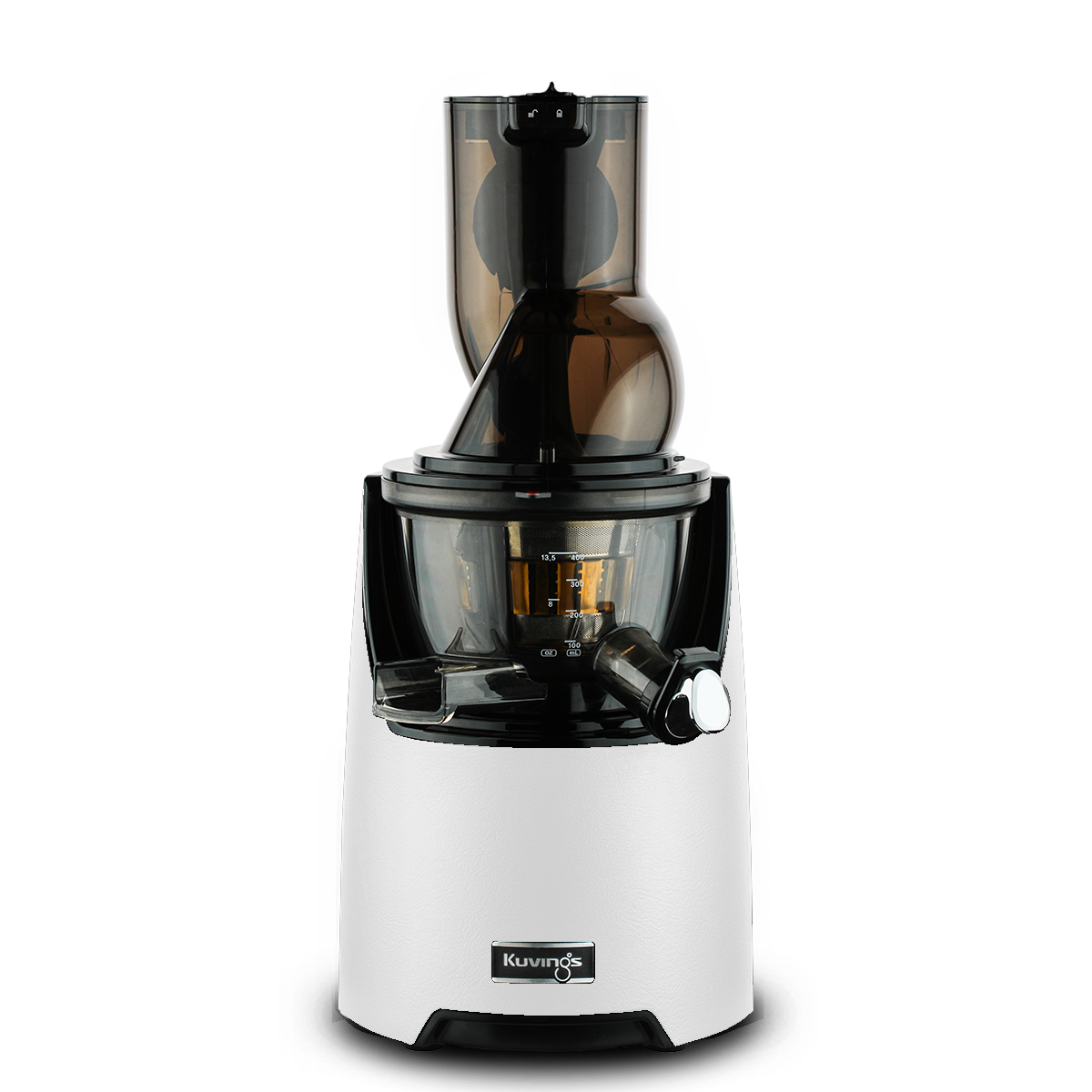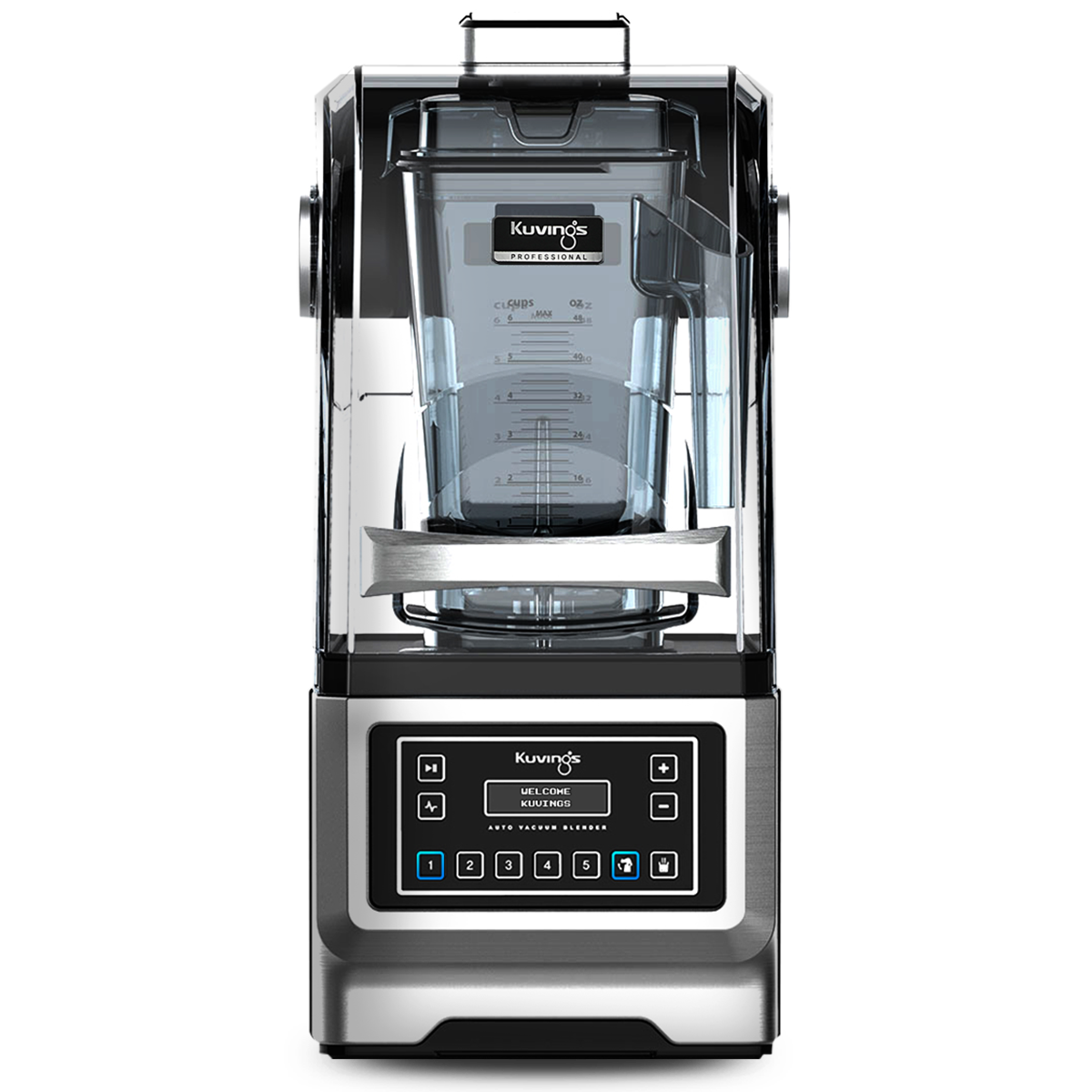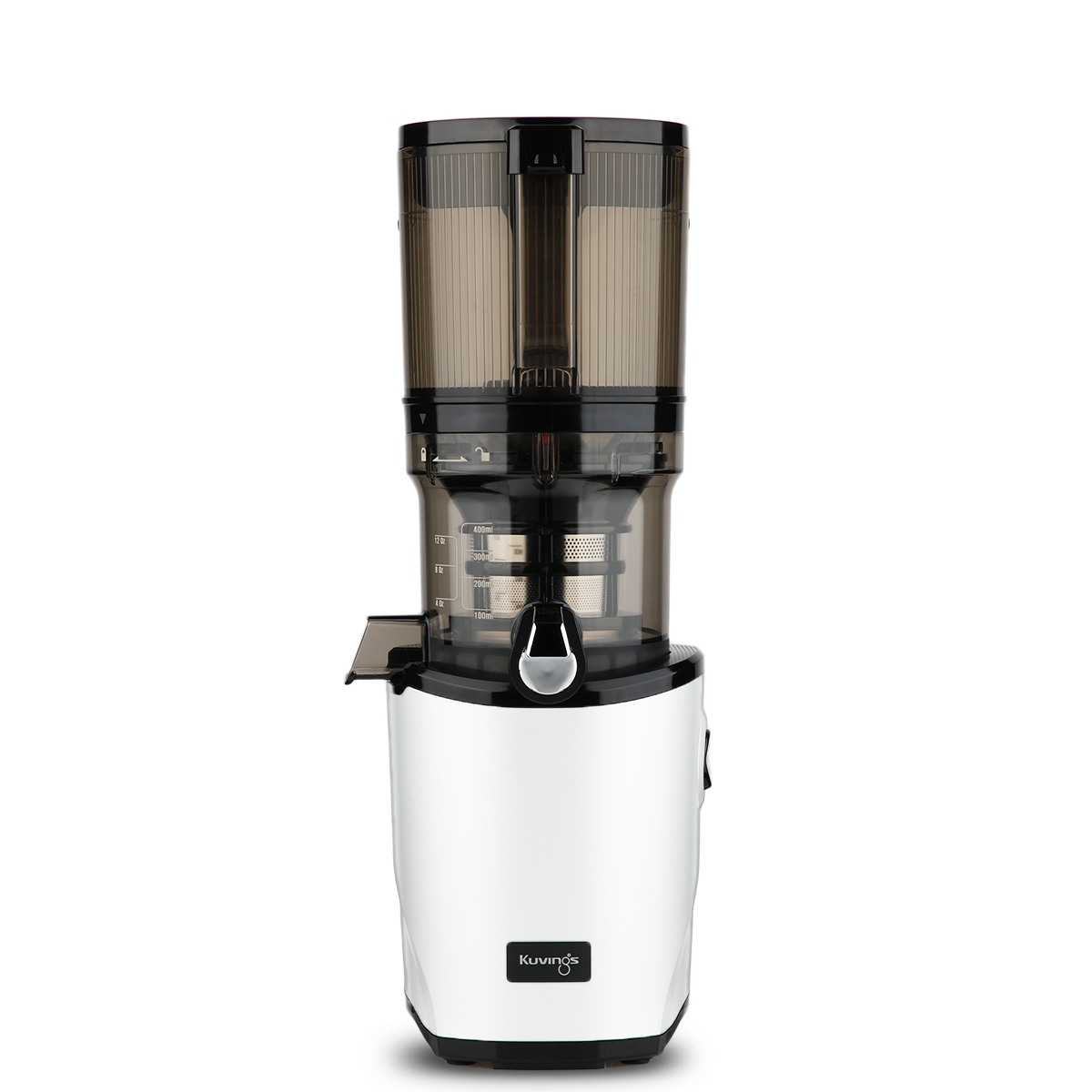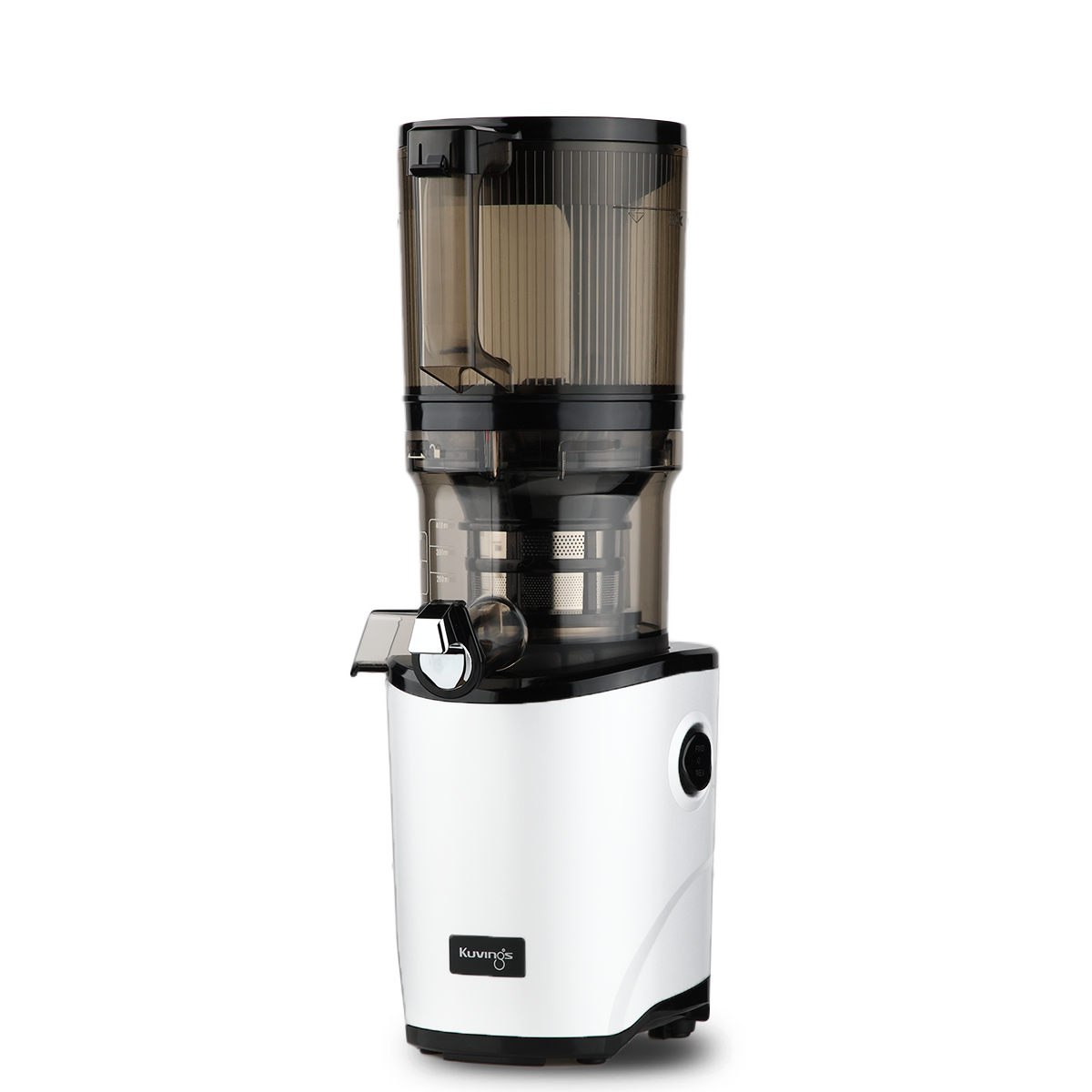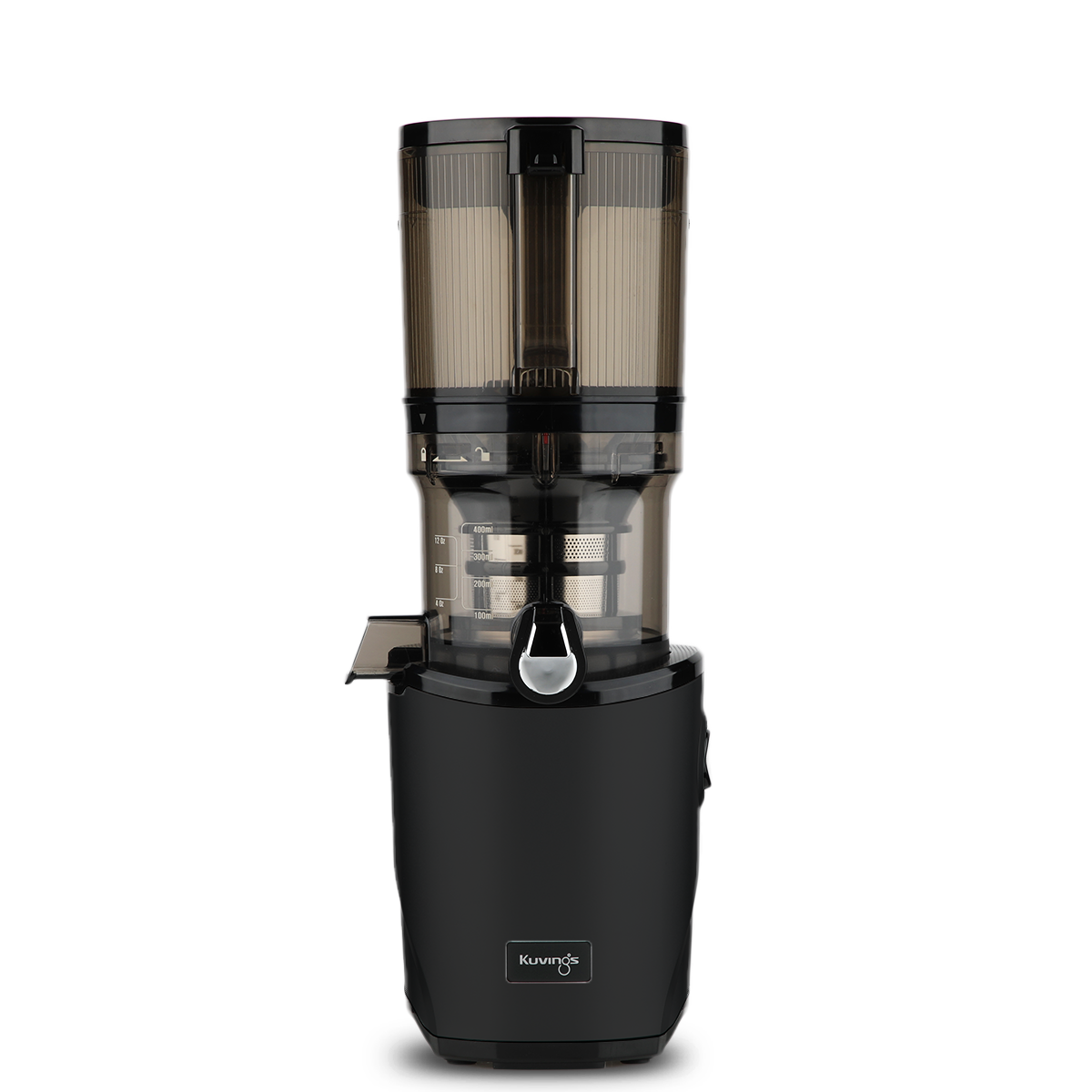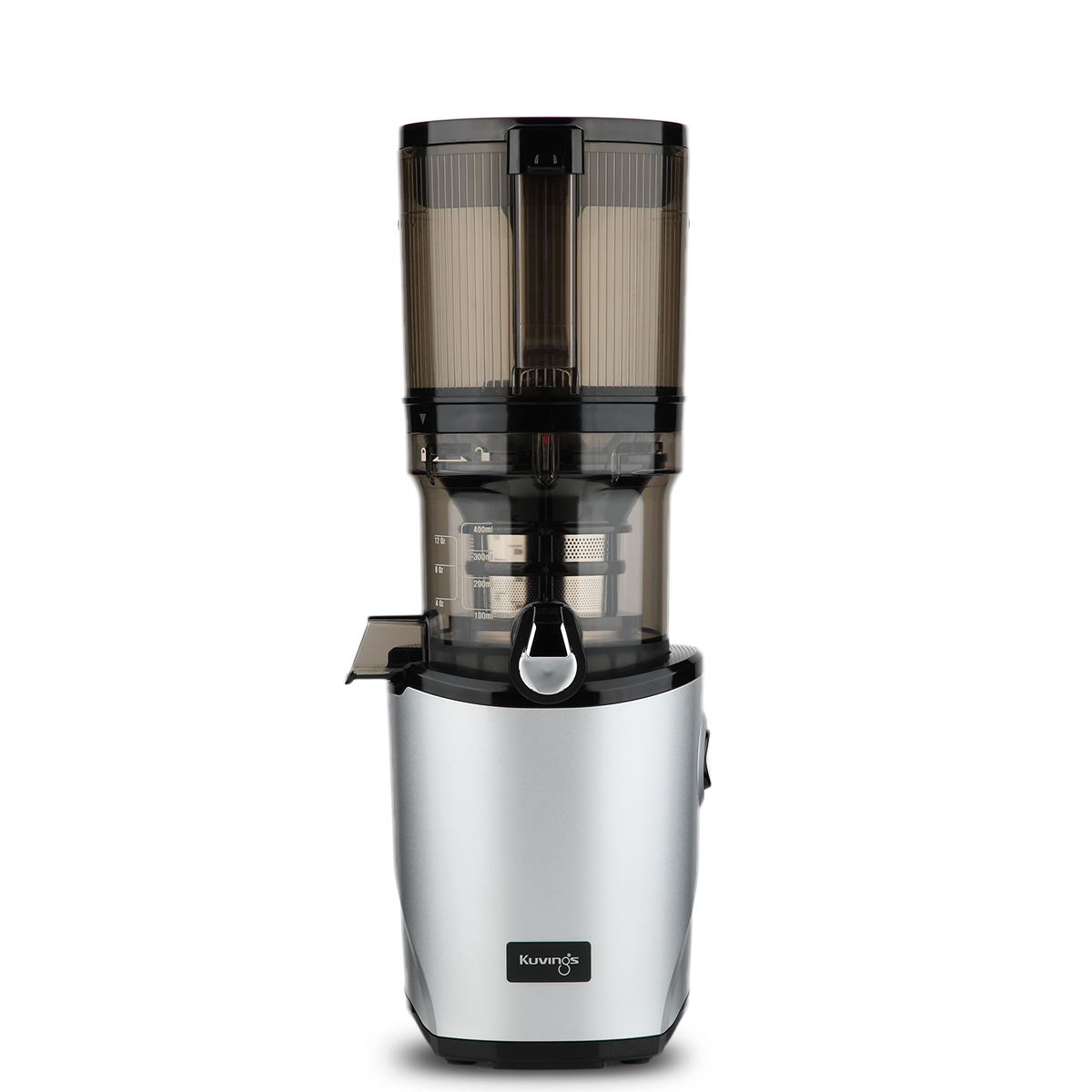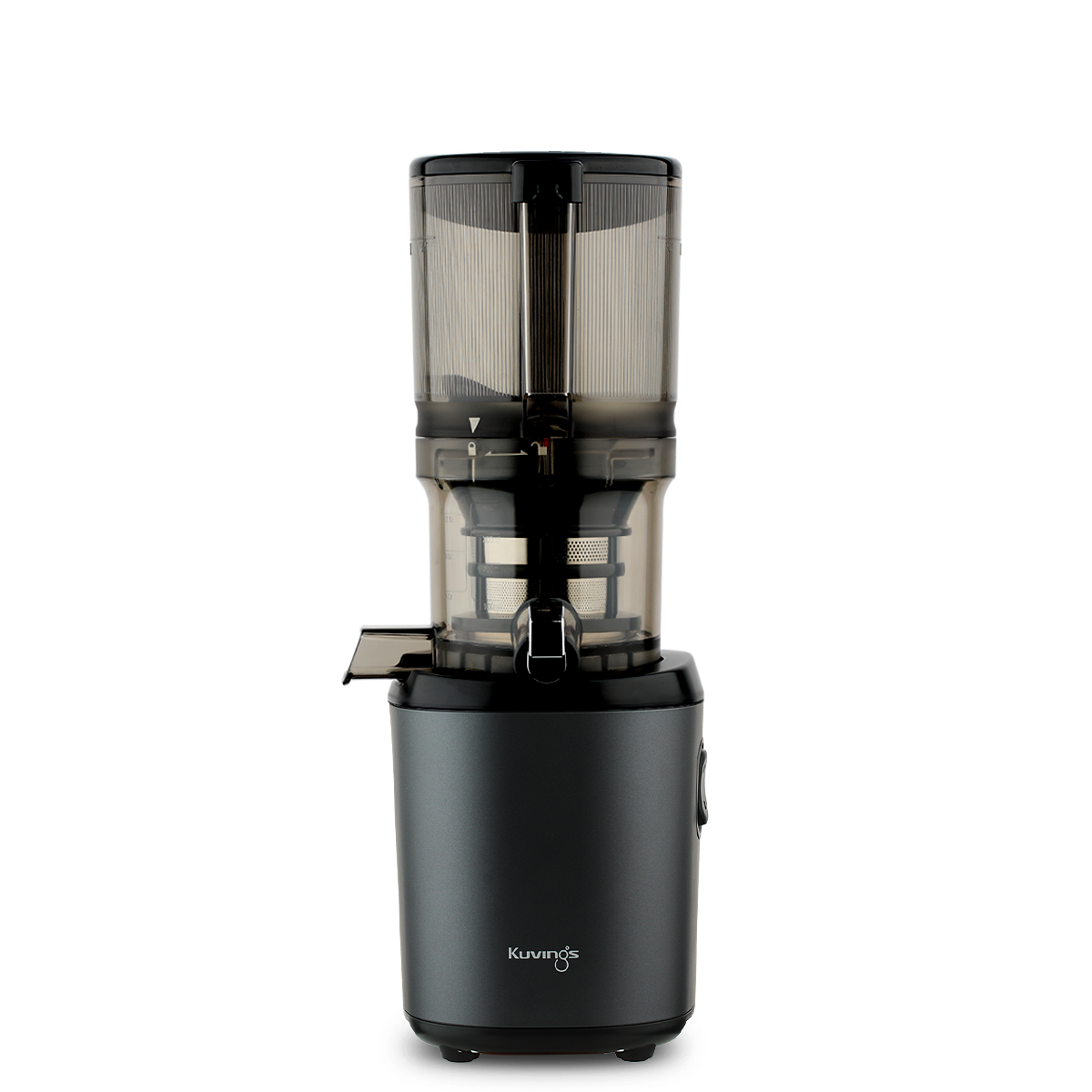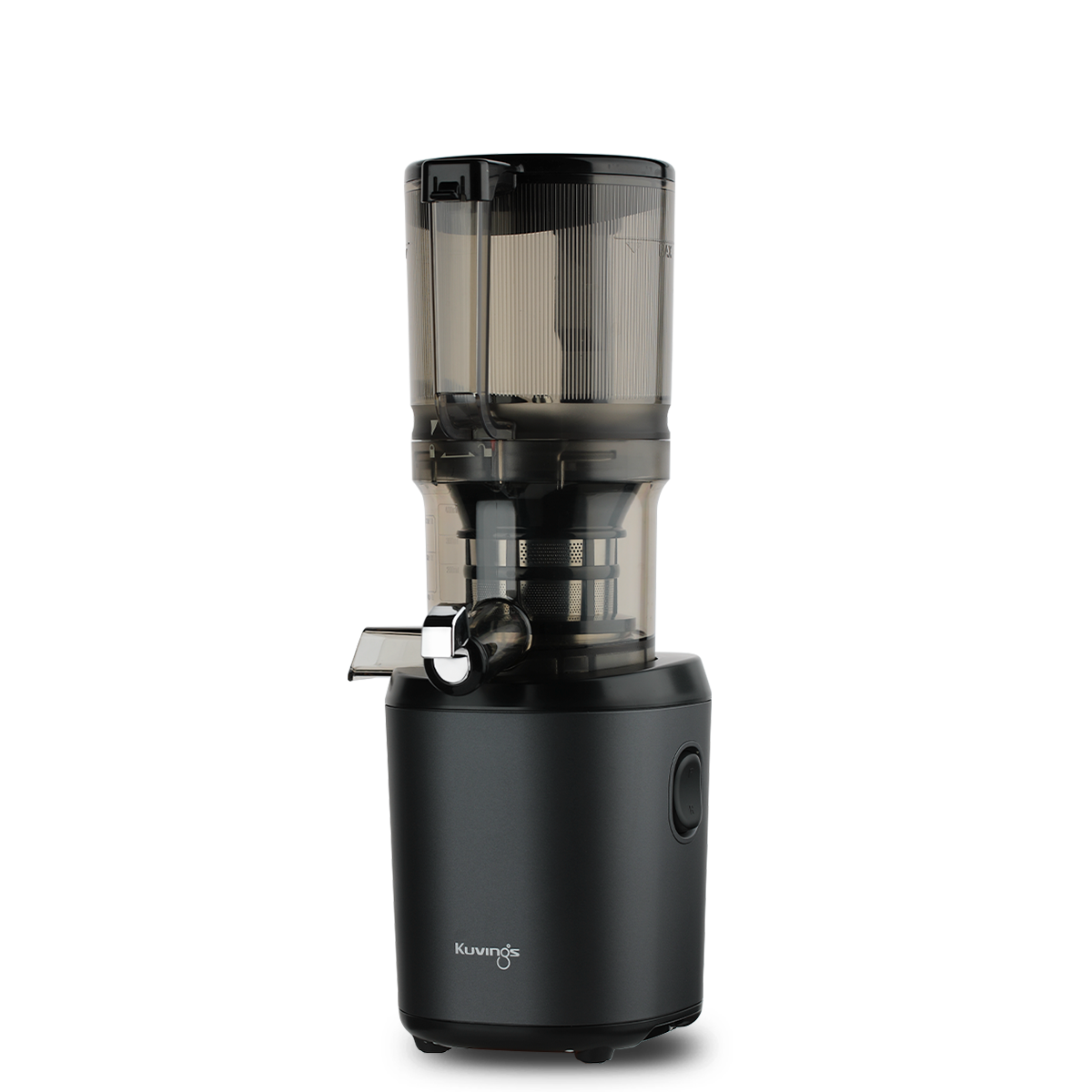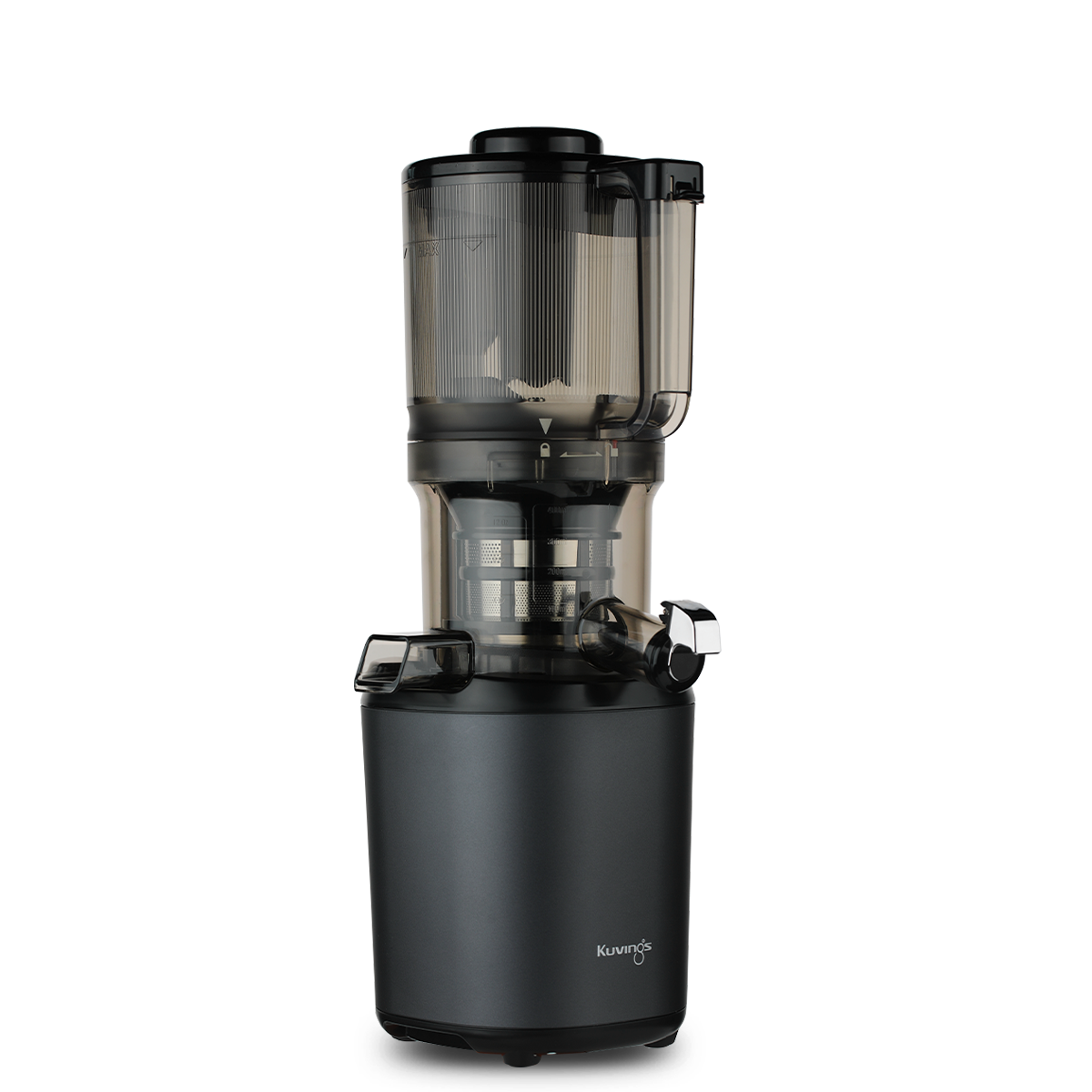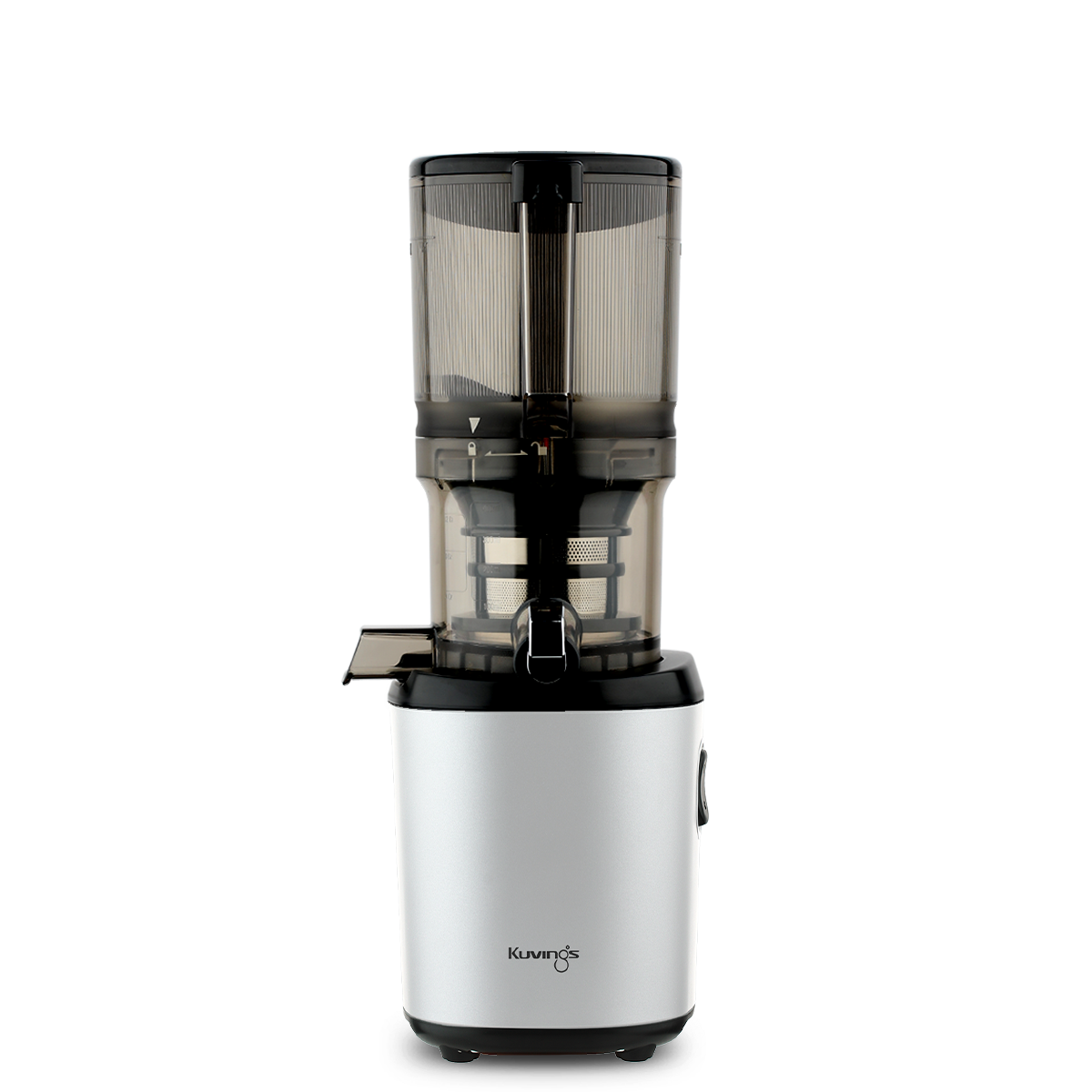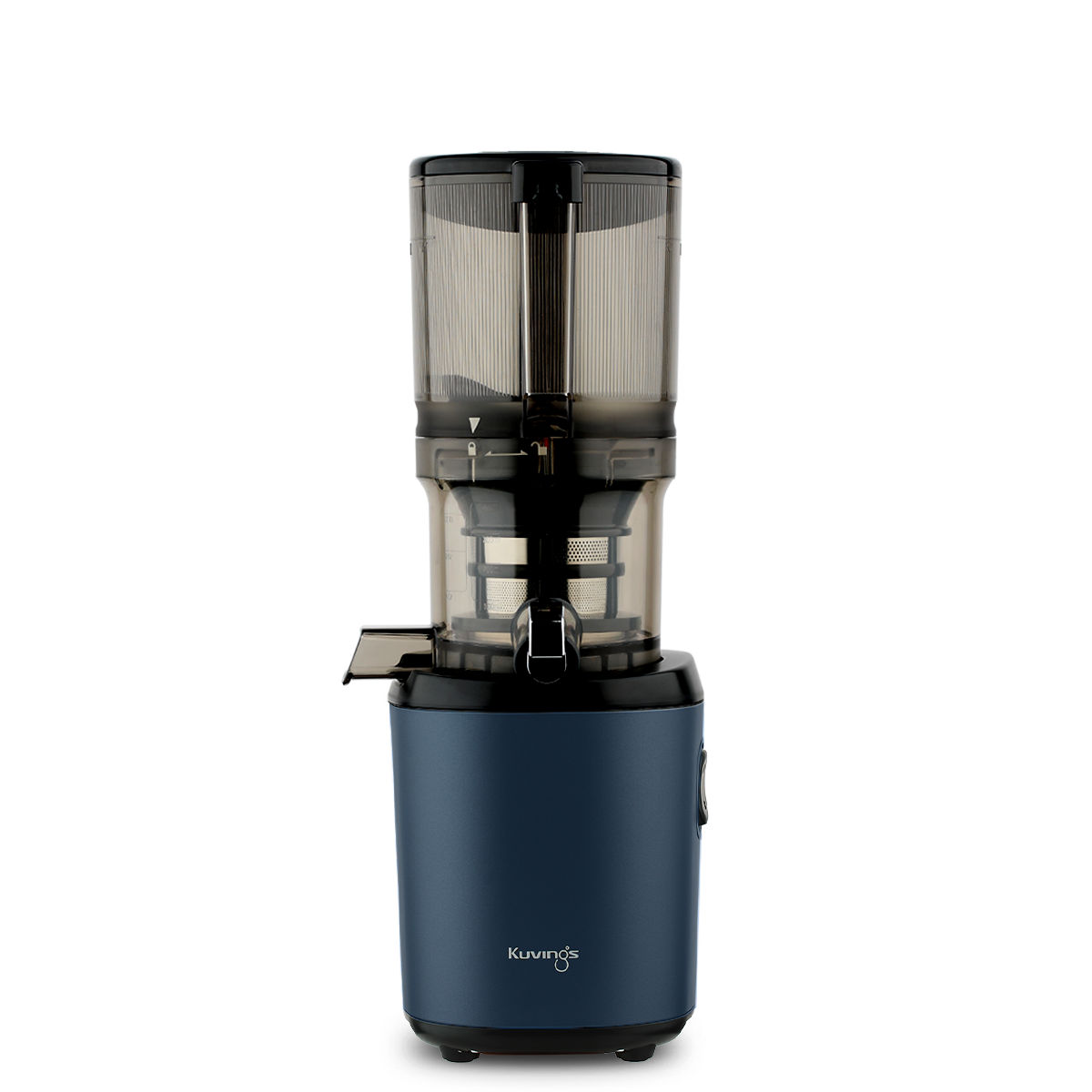In today's fast-paced world, busy people often turn to juices and smoothies as a convenient way to consume fruits and vegetables. While searching for trendy recipes to make healthier juices, most people don't consider the nutrients and flavors lost to oxidation during the blending process due to high-speed blending.
The oxidation reaction caused by oxygen is a powerful and frequent occurrence around us, capable of rusting even iron. Our vacuum blender prevents oxidation caused by contact with air and to preserve it in its freshest state for as long as possible.
The vacuum blender, developed using the principles of vacuum packaging, is the ultimate blender for making the most delicious and fresh juices.

For those new to vacuum blended juices, they ask like "What are the differences between regular and vacuum blended juices?" and "Can the differences really be that significant?"
In a regular blender, the high-speed rotation creates centrifugal force that mixes air into the ingredients along with the juice. This air can have a negative impact on the taste and quality of the juice.
The presence of air during blending affects both the oxidation of nutrients and the overall taste and quality of the juice. In particular, vacuum blended juice offers a fresher and more intense flavor experience.
The reason for the difference in taste between vacuum blended juice and regular juice is due to the presence of air bubbles in regular juice. These air bubbles dilute the flavor of the juice, making it taste weaker and less fresh.
In contrast, vacuum blended juice has a higher density of ingredients because the air has been removed. This results in a more intense and fresh flavor that is more noticeable to our tastes.
To further investigate the taste difference, NUC (KUVINGS) Bio Research Institute conducted a scientific study using an electronic tongue device to measure the taste of juice on our tongue.
To further illustrate the difference in taste between vacuum blended juice and regular juice, we analyzed flavors of orange juice using five taste sensors: sweetness, saltiness, sourness, bitterness, and umami.
─
Pattern analysis of the five taste sensors showed that the radial graph of vacuum blended juice was more widely distributed than that of regular blended juice. This indicates that vacuum blended juice has a richer and more intense flavor.
Comparison of taste using electronic tongue

* E-tongue system used: ASTREE electronic tongue (Alpha M.O.S., Toulouse, France)
* Sensor SRS(sour), STS (salty), UMS (umami), SWS(sweet), BRS(bitter) Source: Bio Research Institute, NUC Electonics Co., Ltd.
🍉 🫐 🥭
The wider distribution of the radial graph for vacuum blended juice can be attributed to the following factors:
- Prevention of oxidation:Vacuum blending minimizes oxidation, which preserves the natural flavors of the orange juice.
- Preservation of volatile compounds:Vacuum blending prevents the loss of volatile compounds responsible for the aroma and taste of the orange juice.
- Higher concentration of flavor compounds:The absence of air bubbles in vacuum blended juice results in a higher concentration of flavor compounds, leading to a more intense taste experience.
These findings demonstrate that vacuum blending is a superior method for preserving the flavor of orange juice and providing a richer and more intense taste experience.
🫙
In addition to the taste benefits, vacuum blending also offers several other advantages, including:
- Increased nutrient retention: Vacuum blending prevents the loss of nutrients due to oxidation.
- Longer shelf life: Vacuum blended juice has a longer shelf life than regular juice because the absence of oxygen slows down the spoilage process.
- Smoother texture: Vacuum blending creates a smoother and more creamy texture due to the absence of air bubbles.
Overall, vacuum blending is a superior method for making orange juice that is more nutritious, flavorful, and has a longer shelf life. If you’re looking for the best way to enjoy the fresh and natural taste of oranges, a vacuum blender is a worthwhile investment.
Post by Ph.D Lee Senior researcher in Kuvings Bio research Institute.
